How to Choose the Right Solar Inverter for Turkey’s Power Needs?
 Aug 18,2025
Aug 18,2025

 XINDUN
XINDUN
As a Eurasian energy hub, Turkey continues to see growing demand for solar inverters. While electricity supply remains relatively stable in most regions, rising prices are driving increased demand for both hybrid system and off grid system among businesses and households. Furthermore, remote areas face limited grid coverage and frequent power outages, making off grid solar systems a reliable power solution. Turkey's convenient transportation network not only reduces system transportation and installation costs but also facilitates export of equipment to neighboring countries, creating vast market opportunities for inverter suppliers. With the Turkish government actively promoting the adoption of solar system, inverter, as a core component of solar system, hold significant potential for growth. Below, Xindun will analyze in detail the opportunities brought by the growth of solar power generation and the prospects of inverters in the Turkey market.
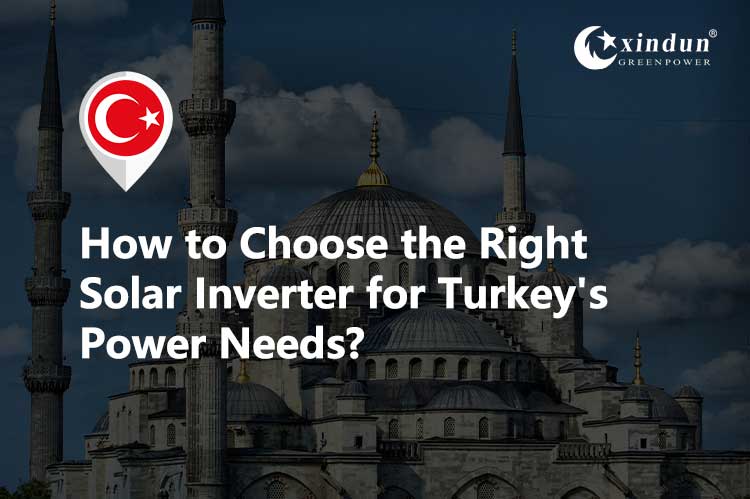
Turkey's Power Structure
As of 2024, Turkey's power structure will still be dominated by fossil fuels. Natural gas and coal account for over 54% of electricity generation, with coal accounting for 36% and natural gas for 19%. This reliance on imports puts the country's energy security under pressure. Low carbon energy sources account for approximately 46% of total power generation. Within this low carbon energy source, hydropower accounts for 22%, wind power for 11%, solar power for 8%, geothermal power for 3%, and other sources such as biofuels for less than 3%. Although actual utilization of solar power accounts for only a tiny fraction of its potential, it has become a key factor in the Turkish government's efforts to transform its energy structure.
In recent years, the YEKDEM (Renewable Energy Support Mechanism) and the National Energy Transition Strategy have clearly stated the need to significantly increase solar power capacity and accelerate the deployment of distributed energy resources, driving the development of the Turkish solar inverter market. Currently, demand for high quality hybrid inverter for commercial and residential rooftop PV and energy storage projects in Turkey is rapidly increasing, making solar power a new trend in Turkey's future power supply.
Is electricity cheap in Turkey?
As of the end of 2024, residential electricity prices in Turkey were approximately USD 0.055 per kWh, and commercial and industrial electricity prices were approximately USD 0.108 per kWh. Starting in April 2025, residential and industrial electricity prices will increase by 25% and 10%, respectively, further increasing the electricity burden on businesses and households.
Turkey's industrial electricity prices follow a progressive tiered system: for monthly electricity consumption under 5,000 kWh, the price is 0.48 lira per kWh (approximately USD 0.025 per kWh at the current exchange rate); for monthly electricity consumption over 20,000 kWh, the price drops to 0.32 lira per kWh (approximately USD 0.017 per kWh).
The main reason for Turkey's rising electricity prices is the country's high reliance on imports of traditional energy sources such as natural gas and coal. Furthermore, due to international political conflicts, international energy prices fluctuate drastically, and exchange rates are unstable, keeping the cost of imported energy high. To mitigate high electricity costs, Turkish residents and businesses are deploying solar power systems to reduce spiraling electricity bills and achieve long term, stable energy self sufficiency.
What is the current state of Turkey's electricity supply?
Despite the continuous expansion of Turkey's installed power capacity in recent years, the overall stability of its power system remains a significant challenge. Turkey relies heavily on imported natural gas and coal for electricity production, and its energy supply and demand are significantly influenced by the international market. Domestic coal is primarily low calorific value lignite, necessitating large scale mining to meet power generation needs. However, increasingly stringent environmental regulations have limited coal mine production capacity. Furthermore, older coal fired power plants account for over 40% of Turkey's total power plant population, facing significant equipment degradation and operating at only around 70% of their designed efficiency, further weakening coal fired power generation capacity. The Russia Ukraine conflict, tensions in the Red Sea, and fluctuations in the global energy supply chain during 2022-2023 have significantly increased Turkey's natural gas procurement costs. During the Russia Ukraine conflict, Turkey's natural gas imports plummeted by 12%, limiting the generating capacity of several gas fired power plants. According to data released by the Turkish Statistical Institute (TurkStat), the average national electricity price for industrial use increased by as much as 91.2% in 2023, while residential electricity prices also increased by over 70%.
Due to the uneven distribution of regional power infrastructure, problems such as aging power grids, high transmission losses, and seasonal power shortages remain widespread in eastern, southeastern, and rural areas of Turkey. According to data from the Turkish Energy Market Regulatory Authority (EMRA), Turkey experienced over 28,000 small and medium scale regional power outages in 2022, and this number is expected to continue to rise in 2023. On June 21, 2024, according to reports from the European Network Operator (ENTSO-E) and Balkan Green Energy News, a short circuit on two cross border high voltage transmission lines triggered a cascading failure, causing widespread power outages across Turkey, the Western Balkans, and Greece, affecting millions of customers. Power rationing and voltage drops occurred frequently during the hot summer months and peak winter demand periods, significantly impacting industry, commerce, and residential life.
With Turkey's continued economic development and accelerating urbanization, demand for electricity for industrial production, commercial operations, and residential life has shown a steady growth trend. Data shows that over the past decade, Turkey's electricity demand has maintained an average annual growth rate of over 5%, far exceeding the 1%-2% growth rate in some developed countries. This continued surge in electricity demand has placed long term pressure on the power supply. Many small and medium sized enterprises, hospitals, schools, and government agencies are seeking backup power or energy independence solutions to reduce the risk of power outages and electricity costs. Solar energy system can harness solar energy to increase power generation. By converting direct current (DC) generated by solar panels into alternating current (AC), they can supply a variety of loads, including households, industry, and businesses. This not only alleviates power pressure during peak hours, but also reduces electricity bills and enhances electricity independence.
Why does solar energy have such potential in Turkey?
Most parts of Turkey enjoy an average of over 2,600 hours of sunshine per year, with the southern Mediterranean coast and the central Anatolian Plateau boasting over 3,000 hours. With a total solar radiation of approximately 1,527 kWh/m2, Turkey boasts abundant sunlight resources. It is estimated that the exploitable solar power generation potential in the Anatolian Plateau alone exceeds 100 GW, nearly double Turkey's current total installed capacity, laying a solid foundation for the large scale development of solar power.
The Turkish government actively promotes solar power generation. Its YEKDEM (Renewable Energy Support Mechanism) provides long term, stable electricity price subsidies for solar projects, guaranteeing reasonable returns for investors and significantly stimulating investment in the Turkish solar market. In its national energy transition strategy, Turkey explicitly aims to reach a cumulative installed solar capacity of 22.6 GW by 2025 and a combined wind and solar capacity of 120 GW by 2035, further promoting energy transition. To achieve this goal, the Turkish government has also provided numerous conveniences for solar projects in areas such as land approval and grid access. For example, it has streamlined the approval process for large scale ground mounted photovoltaic power plants and encouraged the construction of distributed photovoltaic systems on the rooftops of industrial plants and commercial buildings, forming a comprehensive policy support system.
In addition, Turkey's average electricity price in 2025 will nearly double compared to 2024, significantly improving the economic benefits of solar power generation and encouraging more businesses and households to consider installing solar system as a long term means of saving energy costs.
The continued expansion of market demand has created a vast market for solar power generation. On the one hand, Turkey's electricity demand is growing at an average annual rate of over 5%, and traditional fossil fuel power generation, constrained by unstable supply and environmental pressures, is unable to meet this increased demand. Solar power generation has become a key option for filling the power gap. On the other hand, faced with frequent power outages and voltage instability on the power grid, Turkish households and businesses are increasingly demanding independent power supply. Therefore, installing solar power systems has become a popular choice for most people in Turkey. This is not only because solar power effectively alleviates power shortages but also because it provides users with greater energy independence. By installing solar systems, homes and businesses can reduce their reliance on the grid, avoiding the inconvenience of power outages and voltage fluctuations.
Furthermore, as solar technology matures and costs decrease, the economic viability of solar power systems is becoming increasingly apparent, encouraging more people to invest in this green energy solution. Government incentives have further lowered the barrier to entry for solar power generation in Turkey, allowing more ordinary people to participate in the energy transition. For example, many factories in Istanbul have begun installing rooftop solar projects, and some large shopping malls have even achieved solar power accounting for over 30% of their electricity consumption. This trend not only drives the development of the solar industry but also lays a solid foundation for Turkey to achieve its sustainable development goals.
Technological advances and a well developed supply chain have further enhanced the competitiveness of solar power. With the continued decline in solar module costs (over 70% over the past decade), the cost per kilowatt hour of solar power generation has fallen below that of some traditional fossil fuels, making it economically viable. The application of products such as hybrid inverters and energy storage inverters has addressed the intermittent nature of solar power generation and improved the reliability and flexibility of solar systems. Turkey is also gradually developing a solar industry chain. From solar rack manufacturing to system services, the localization rate continues to increase. This not only reduces project construction costs but also creates numerous jobs and fosters a healthy industrial ecosystem.
This unique geographical location not only creates abundant international trade opportunities but also gives solar equipment a natural advantage in ocean shipping time. Shipments from China, Europe, and other regions can reach Turkish ports in a relatively short time, reducing transportation time and inventory costs.
Turkey has a population of approximately 85 to 90 million and a per capita GDP of US$13,100 (approximately RMB 94,000). Residents and businesses have strong purchasing power, providing a stable market foundation for the wholesale and distribution of products such as solar inverters and energy storage systems. Furthermore, Turkey's radiant reach extends to the Middle East, Eastern Europe, and North Africa, making it a key distribution center for photovoltaic equipment.
Located at the intersection of Europe and Asia, Turkey, known as the "Crossroads of Europe and Asia," serves as a vital cultural and trade link between the Middle East and Europe. Imports from China, Europe, and other regions can reach Turkish ports in a relatively short time, reducing transportation time and inventory costs. Regional cooperation and the influx of international capital are boosting the development of solar power. In the future, the country is expected to generate additional revenue by exporting solar power to Europe through interregional power grids. International energy giants are also optimistic about the Turkey market. For example, leading domestic and internationally renowned companies have been active in the Turkish solar market for many years, participating in the construction of large scale solar power plants and supporting inverter projects, bringing advanced technology and management experience to Turkey.
Although the development of solar power in Turkey still faces challenges such as lagging grid upgrades and insufficient energy storage, these issues are gradually being addressed with continued government investment and improved market mechanisms. Over the next decade, solar power will become a core component of Turkey's power mix, not only driving the green transformation of its energy structure but also playing an irreplaceable role in ensuring energy security and promoting economic development.
Types of Solar Inverter in Turkey
In Turkey, with the rapid growth of installed solar capacity, market demand for inverters continues to rise. The choice of inverter type is closely related to local power conditions and energy needs. In the Turkish solar market, inverters are primarily categorized into three types: off grid inverter, on grid inverter, and hybrid inverter. So, how should Turkish users choose one of these inverter types?
Off grid inverters are primarily used in areas without access to the national grid as independent power supply systems. They convert direct current (DC) generated by solar into alternating current (AC) for AC loads. They require battery storage to operate completely off the grid, enabling self sufficiency and self consumption. In eastern Turkey and remote rural areas, where grid coverage is limited or unstable, and power outages are common, there is an urgent need for independent power supply systems for homes and businesses. For example, some villages in the Anatolian Plateau have solved basic electricity needs for local households by installing off grid solar power systems. Off grid inverters ensure stable power output, independent of grid conditions, and provide reliable power support in these areas. For remote areas seeking to break free from grid constraints and achieve energy self sufficiency, off grid inverters are undoubtedly a reliable and practical option.
On grid inverters are suitable for areas with access to the national grid. Their primary function is to convert the direct current (DC) power generated by the PV system into AC power and transmit it to the grid. They are the mainstream choice in Turkish cities and areas with relatively stable power grids. This type of inverter does not require battery storage, reducing system complexity and cost. In Turkey's more urbanized regions, on grid inverters are widely popular because they help users reduce electricity bills through PV power generation while also allowing them to sell excess electricity to the grid, achieving the goal of "generating for their own use and supplying the grid with surplus power." Amidst rising electricity prices, this model allows users to generate revenue by selling excess electricity, reducing electricity costs. However, the disadvantage of on grid inverter is their strong dependence on the grid. If the grid is interrupted, the system will cease to provide power, making them unsuitable for use in areas with unstable grid conditions, such as remote rural areas in Turkey.
Turkey's overall electricity supply is relatively stable, and off grid and on grid projects are the mainstream market demand. This also means a greater demand for high power, high efficiency inverter systems. Hybrid inverters combine the advantages of off grid and on grid inverter, allowing them to connect to the grid and work with energy storage batteries. They provide utility power when the grid is normal and automatically switch to off-grid mode during outages, ensuring power supply to critical loads. Hybrid inverter utilize solar power generation during the day and store excess power, automatically switching to battery power at night or during power outages. This effectively improves energy efficiency and reduces electricity costs, making them an optimal solution for addressing power instability and rising electricity prices. For areas in Turkey with unstable power supply but a high urbanization rate, hybrid inverters can ensure continuous power supply during utility outages and supplement power from the grid or batteries during periods of insufficient sunlight, significantly improving system stability and flexibility.
What kind of inverter is suitable for Turkey?
Faced with unstable power supply conditions, high electricity prices, and growing energy demand, solar inverters have become the preferred product for meeting Turkey's power needs. So, what kind of inverter is suitable for the Turkish market? Below, Xindun recommends 5 inverters suitable for Turkey's power needs:
HFP-C Series Hybrid Solar Inverter
The Xindun HFP-C series hybrid inverter offer a power range of 4.3KW to 12.3KW, converting 24V/48V DC to 220V/230V/240V AC.
1. Equipped with dual AC outputs and intelligent load management, they can simultaneously meet the charging needs of multiple loads.
2. Equipped high frequency design, the unit is compact and highly efficient, making it suitable for urban residential or commercial locations, saving installation space and electricity costs.
3. Equipped bidirectional energy storage and current control, the battery can be charged from both solar and mains power, improving system reliability.
4. Equipped RGB ring LED light design with eight selectable colors, it enhances the ambient atmosphere and user experience.
5. Equipped ultra wide MPPT voltage range, 40 The 24V/48V models can generate electricity effectively even under low sunlight or with unfavorable rooftop orientations in Turkey during winter, improving power generation efficiency.
6. Configurable operating modes: on grid, off grid, and hybrid, flexibly addressing the complex power conditions and electricity demands in different regions of Turkey.
7. Output priority settings: Adjust the output priority between utility power, solar power, and battery power based on actual needs, prioritizing solar power generation and reducing electricity costs.
8. Compatible with lithium battery BMS communication, ensuring stable system operation and enhancing safety.
9. Supports battery-free operation, making it suitable for phased construction projects, reducing initial investment, and flexibly promoting the deployment of off grid or hybrid solar systems in the Turkey market.
HP PLUS+ Series Parallel Hybrid Solar Inverter
Xindun HP PLUS+ Solar Inverter 5KW/10KW/12KW, DC 48V to AC 208V/220V/230V/240V
1. Parallel operation is supported to meet the needs of projects of varying sizes. The 5KW model can support up to 9 units (45KW), while the 10kW/12KW models can support up to 6 units (60KW/72KW), meeting project expansion needs.
2. High frequency design offers high overall efficiency and low no load losses, making it suitable for long term operation in Turkey, effectively reducing energy consumption and operating costs.
3. Built in MPPT solar controller supports a max solar input voltage of 500V, adapting to diverse rooftop conditions in Turkey.
4. Bidirectional energy storage allows both solar power and utility power to simultaneously power loads and charge batteries, providing stable and reliable power during frequent utility power outages or fluctuations.
5. The intelligent panel configuration interface allows users to freely configure operating modes, charging parameters, AC output, and other features to meet the personalized needs of customers in different regions of Turkey.
6. Equipped with a lithium battery activation function and supporting BMS communication protocols, the system is smarter and safer.
7. Can be used without batteries, reducing initial system investment costs.
8. Supports on grid power feed settings, meeting power feedback requirements permitted by local policies in some regions and improving system economic efficiency.
9. Multiple protection mechanisms, including overload, overtemperature, and short circuit, ensure safe operation even in areas with unstable power systems.
10. The 10KW inverter supports time of day charging and discharging settings, taking advantage of peak and off peak electricity prices to save electricity costs.
ESS-Li Series All In One Solar Power Generator
The Xindun ESS-Li all in one solar power inverter ranges from 300W to 7KW, converting DC 12.8V/25.6V/51.2V to AC 110/120/220/230/240V.
1. Its stylish and practical design features a variety of plug and play output interfaces, including USB, a DC port, and an AC outlet, meeting diverse power needs and making it convenient for use in Turkish homes and small businesses.
2. Its compact structure allows for quick and easy installation, integrating an MPPT solar controller, inverter, and lithium battery.
3. It offers flexible energy storage capabilities, supporting charging via solar power, mains electricity, and diesel or gasoline generators, ensuring continuous power supply despite Turkey's unstable power grid and frequent power outages.
4. Multiple safety protection mechanisms, including overvoltage, overtemperature, and overload protection, are also compatible with battery management systems (BMS) to ensure safe and stable operation of the device and battery.
5. Supports remote monitoring via WiFi and a mobile app, allowing users to monitor system status at any time, enhancing operational convenience and user experience.
HDSX Series Three Phase Solar Inverter
Xindun HDSX Three Phase Solar Inverter 3.2KW-160KW, DC 48V/96V/192V/384V to AC 380V/400V
1. Supports three phase unbalanced load operation, features triple peak starting capability, and outputs pure sine waves, easily powering high starting current equipment such as air compressors and water pumps.
2. Supports low voltage input, with a three input, three output design, suitable for industrial and commercial high power equipment, meeting the requirements of Turkey's three phase power supply system.
3. Optional built in PWM or MPPT solar controllers meet diverse budgets and system configurations, enhancing system flexibility.
4. Featuring ultra wide input voltage range, it offers stable operation even in areas with frequent voltage fluctuations or poor mains power quality, adapting to the complex power grids of remote and industrial areas in Turkey.
5. The AC charging current is adjustable (0-45A), allowing users to flexibly set it based on grid capacity, avoiding overloads and improving system safety and compatibility.
6. Support for multiple communication interfaces (such as RS485, WiFi, and GPRS) enables remote monitoring, allowing contractors and users to monitor system status in real time and improve operational efficiency.
IP65 Series Hybrid Solar Inverter
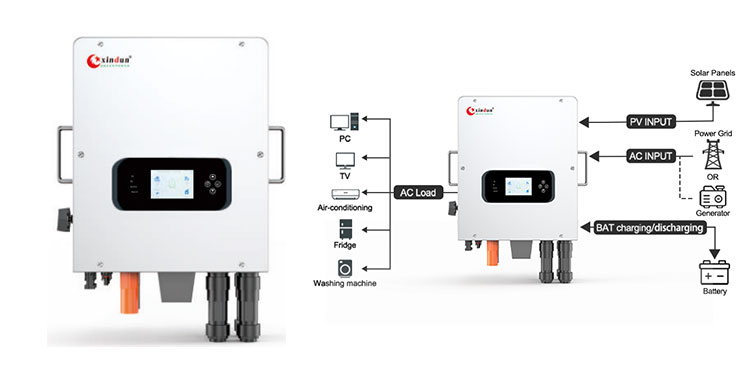
Xindun IP65 hybrid Solar Inverter 3KW-60KW, converts DC 20V/30V/40V/60V/160V/700V/800V/1000V to AC 220V/230V/380V/400V.
1. High definition color touchscreen display and IP65 rated protection design, suitable for long-term, stable outdoor operation in Turkey's coastal and dusty environments.
2. AC coupling support allows for easy integration into existing PV systems, helping existing Turkish users quickly upgrade to energy storage systems to mitigate rising electricity prices.
3. Supports up to 16 battery packs in parallel, offering flexible capacity expansion to meet off-grid needs in rural or industrial areas in Turkey and enhance power supply reliability.
4. Six battery charge and discharge time zones can be flexibly configured to optimize power usage based on Turkey's time of use electricity rates, reducing electricity costs for commercial users.
5. Supports diesel generator input, ensuring continuous power supply to critical loads in remote areas or locations subject to frequent power outages.
6. The maximum charge and discharge current reaches 250A, meeting the startup and operation requirements of high power equipment and is suitable for scenarios such as agricultural pumping stations and industrial power generation.
7. Supports single phase and three phase output, with 100% three phase unbalanced load, widely adapting to Turkey urban and rural power grid structures, and stably driving various types of loads.
What can Xindun offer?
Since our founding in 2006, Xindun has built a wealth of technical expertise and market insight, establishing our self as a trusted brand in the industry. Headquartered in Foshan, Guangdong, a city with a strong industrial foundation, Xindun maintains a comprehensive business network with warehouses in East Africa, West Africa, South Asia, and Southeast Asia, providing efficient service to customers worldwide.
Xindun boasts a modern production facility spanning over 10,000 square meters, a R&D team of over 30, and 12 modern production lines, producing over 100,000 units annually. Our solar inverter, all in one solar generator, solar controller, and battery meet the power needs of the Turkish market. We adhere to a rigorous, standardized production process, ensuring stringent quality control at every stage, from raw material procurement to product assembly to final testing. Our advanced production equipment and standardized operating procedures not only ensure consistent product quality, but also ensure that we can meet the Turkish market's demand for orders on time and in sufficient quantities. During the production process, every inverter undergoes rigorous testing, including load testing, performance testing, electrical safety testing, and fault protection testing. Only products that fully pass all tests are allowed to leave the factory. Our products also hold numerous international certifications, including CE, IEC, TUV, and ISO. Due to Turkey's strict import regulations for solar power inverter, all inverters must be CE-EMC and CE-LVD certified, accompanied by a factory Declaration of Conformity. The product and packaging must comply with Turkish labeling regulations. We can help customers successfully clear customs and enter the Turkish market.
Xindun has established a dedicated team in Turkey to thoroughly explore the local market's electricity needs. They gather extensive information on local project requirements, policy trends, and electricity pricing structures. This provides a reliable basis for product development and local market strategy formulation, while enabling rapid localized service delivery.
Xindun actively participates in professional solar and energy storage exhibitions in Turkey and around the world annually, sharing advanced solar technologies and products with industry experts, distributors, and wholesalers through face to face meetings. During the exhibition, we reached a cooperation agreement with a customer on site and enhanced our brand influence, broadening our cooperation channels and further strengthening our position as a global solar inverter manufacturer.
Xindun products are exported to over 100 countries and regions, and are widely used in various scenarios, including residential, commercial, industrial, government projects, and power station construction. We are familiar with the market policies, certification requirements, application scenarios, and installation methods of various countries, and can provide customers with one-stop service support from model selection and solution design to after-sales service. We accept OEM/ODM solutions and can also tailor customized branding requirements for partners, establish their brand image, and quickly adapt to market changes.
The above content provides practical references and suggestions for Turkish customers when selecting solar inverters. If you are interested in purchasing Xindun solar inverters or would like to learn more about cooperation options, please leave your contact information and purchasing requirements in the form below our website (https://www.xinduninverter.com/). Our sales team will contact you as soon as possible during business hours to provide professional one on one service.
In the Turkey market, importers generally prioritize brand influence and tend to work with established distributors or brands. As an inverter manufacturer with strong OEM/ODM customization capabilities, Xindun offers flexible, customized production support to brands and importers, meeting the diverse needs of the Turkish market. We not only provide high quality standard products, but also customize functionality and appearance to meet customer requirements, helping partners build their own brands and quickly adapt to market changes.
In addition, Xindun has a dedicated team in Turkey with a deep understanding of local policies, market trends, and customer needs. This team provides importers and distributors with localized technical support and after sales service, ensuring smooth product launch and ongoing operations. Combined with stable production capacity and a comprehensive service system, Xindun is committed to becoming a trusted partner for Turkish customers, enabling them to seize the opportunities presented by the rapidly growing solar market.
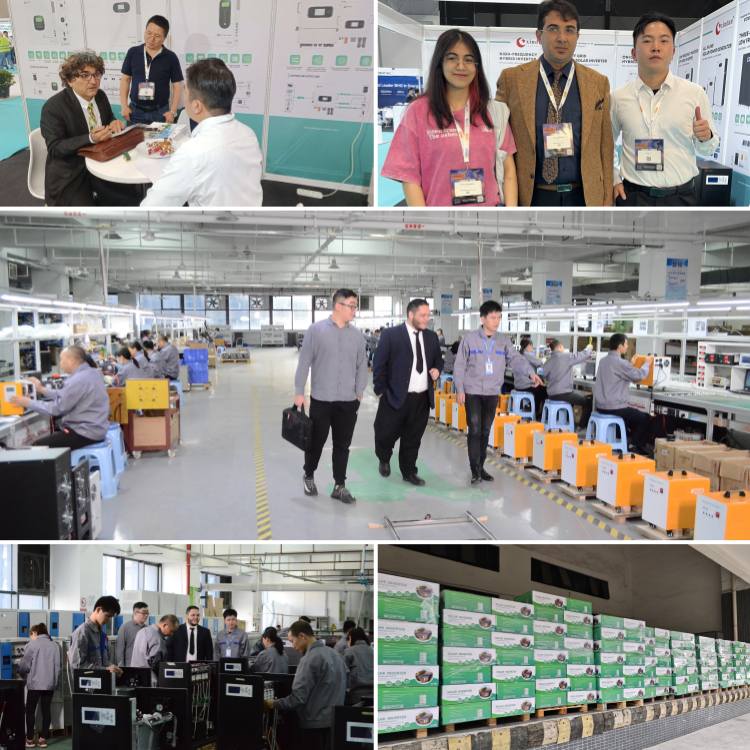

 Solar Inverter
Solar Inverter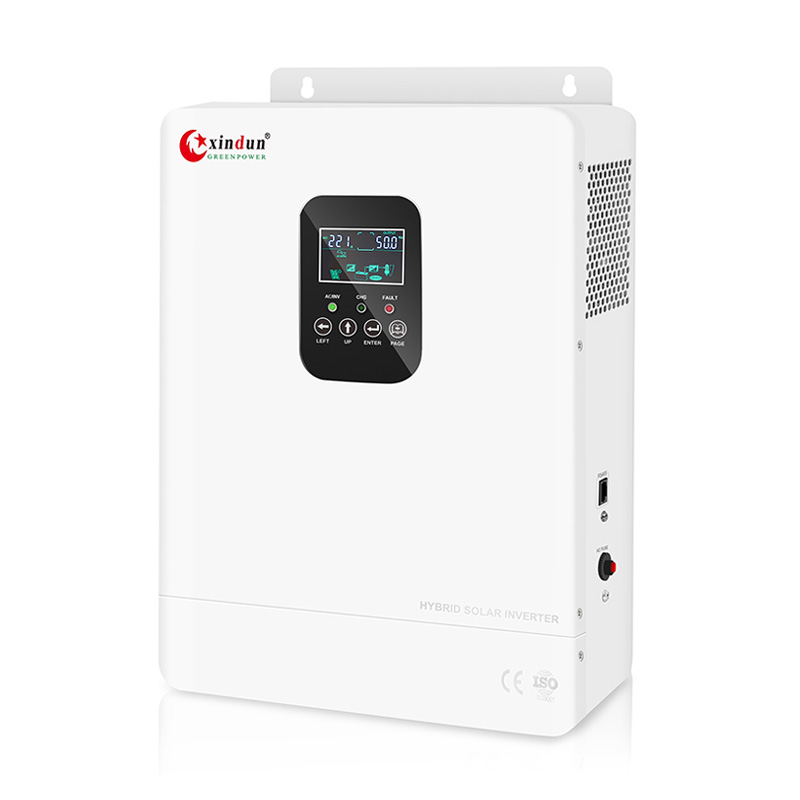
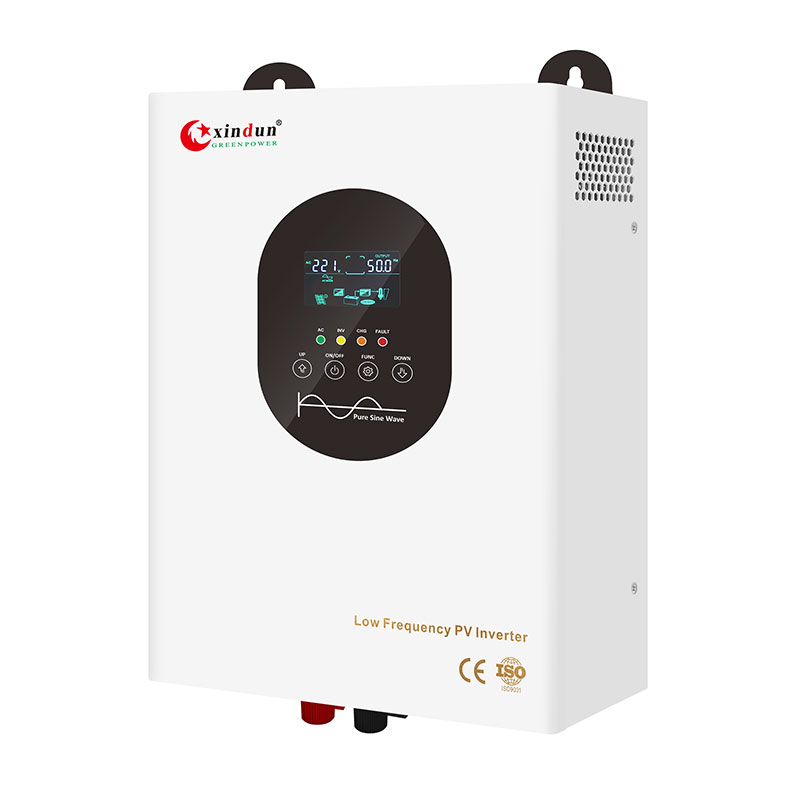
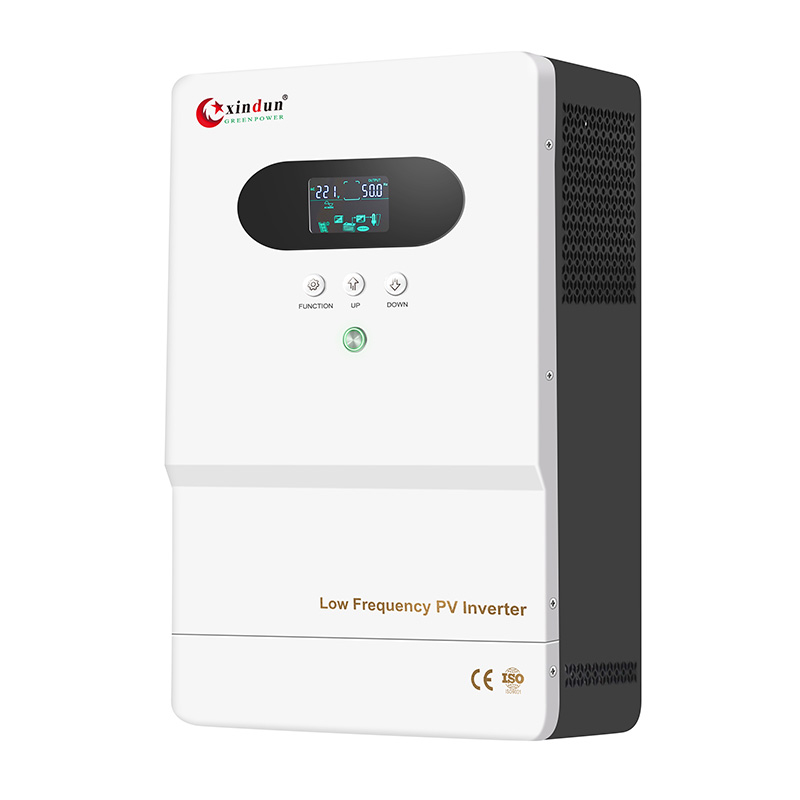
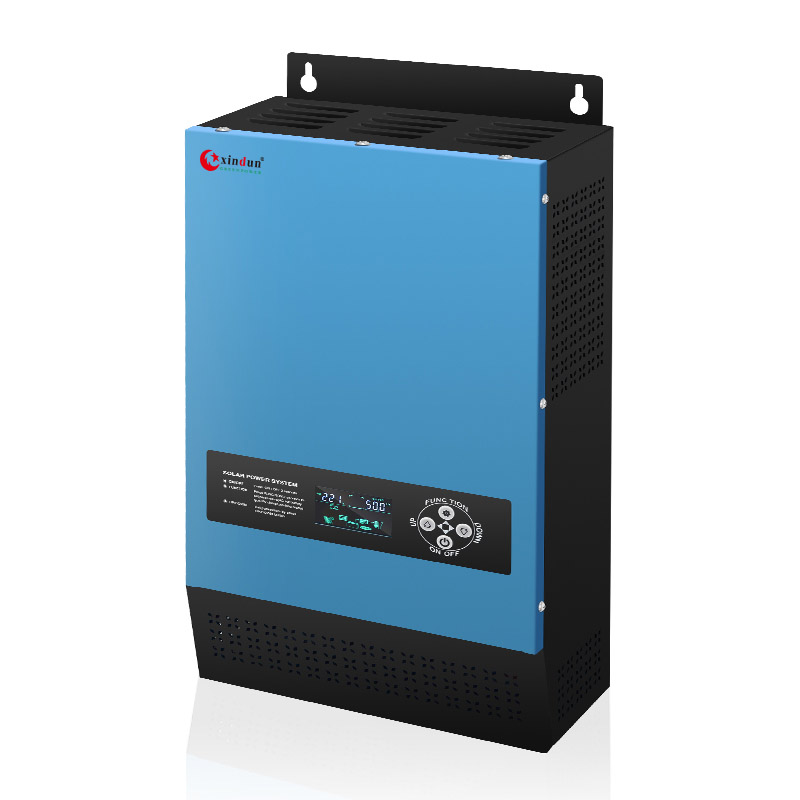
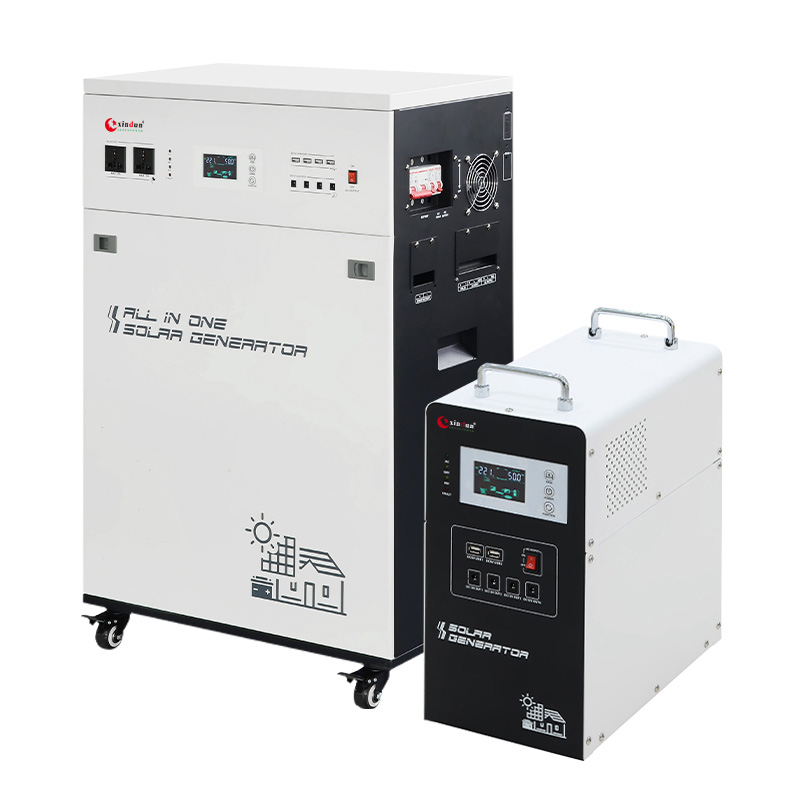
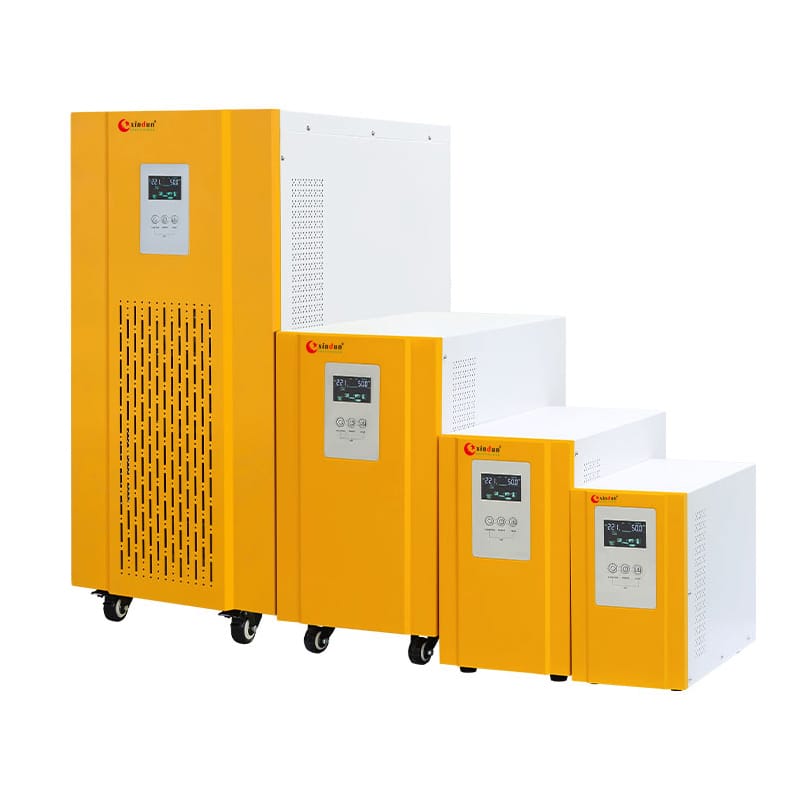
 Hybrid Inverter
Hybrid Inverter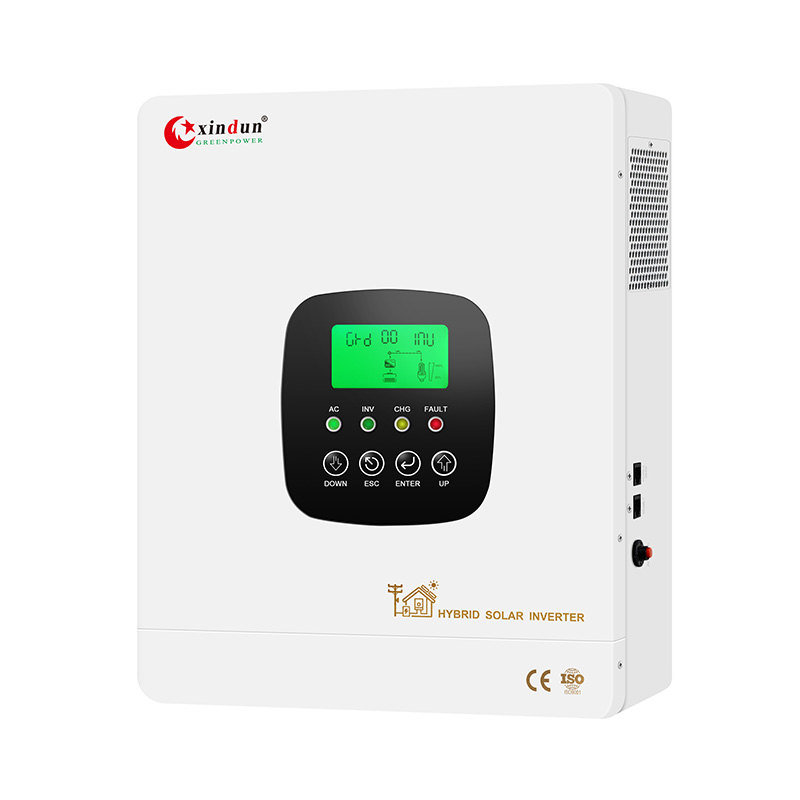
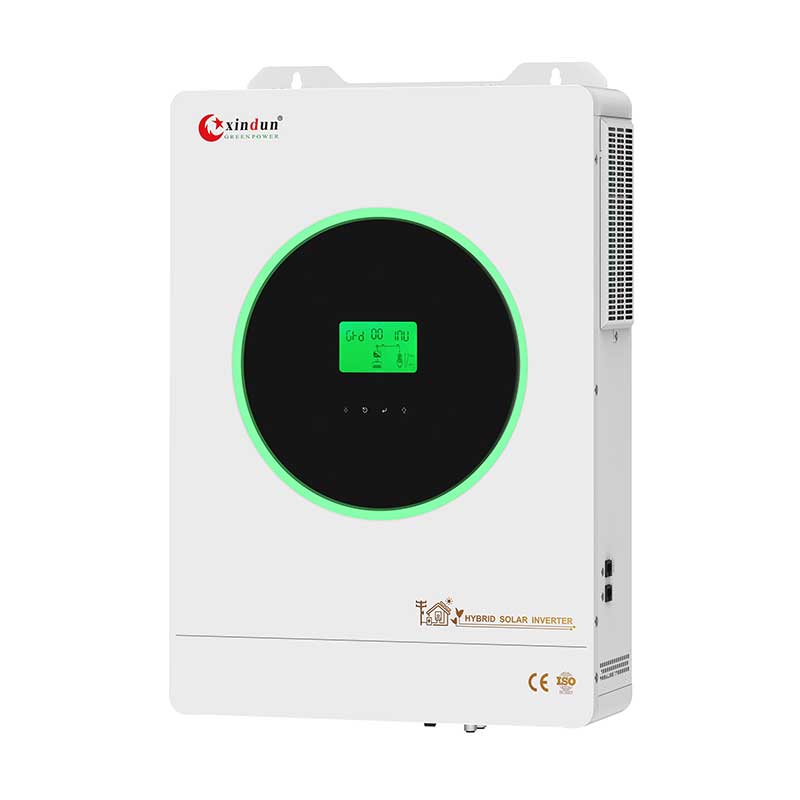
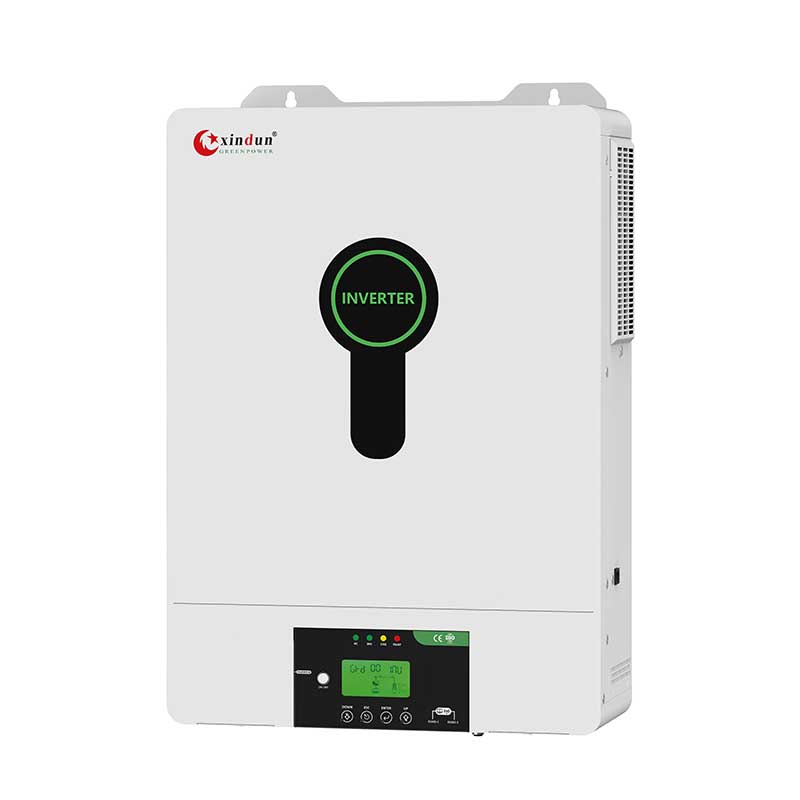
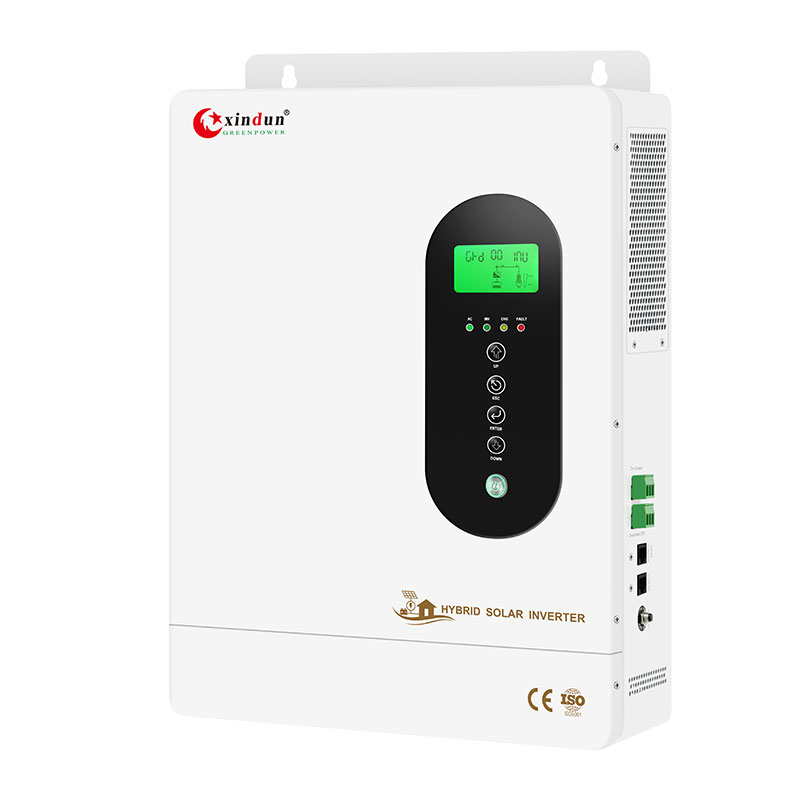
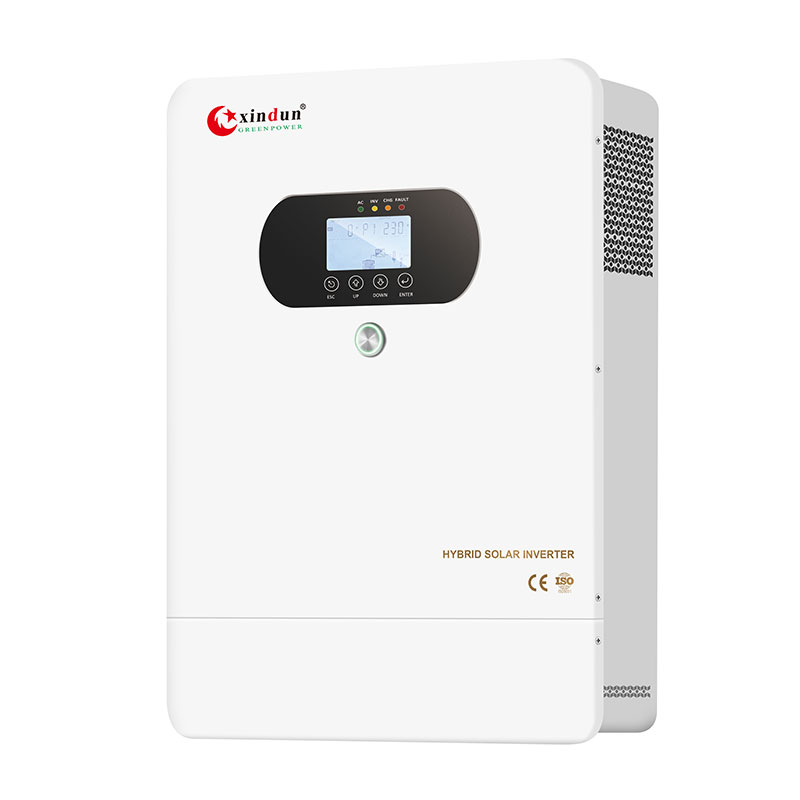
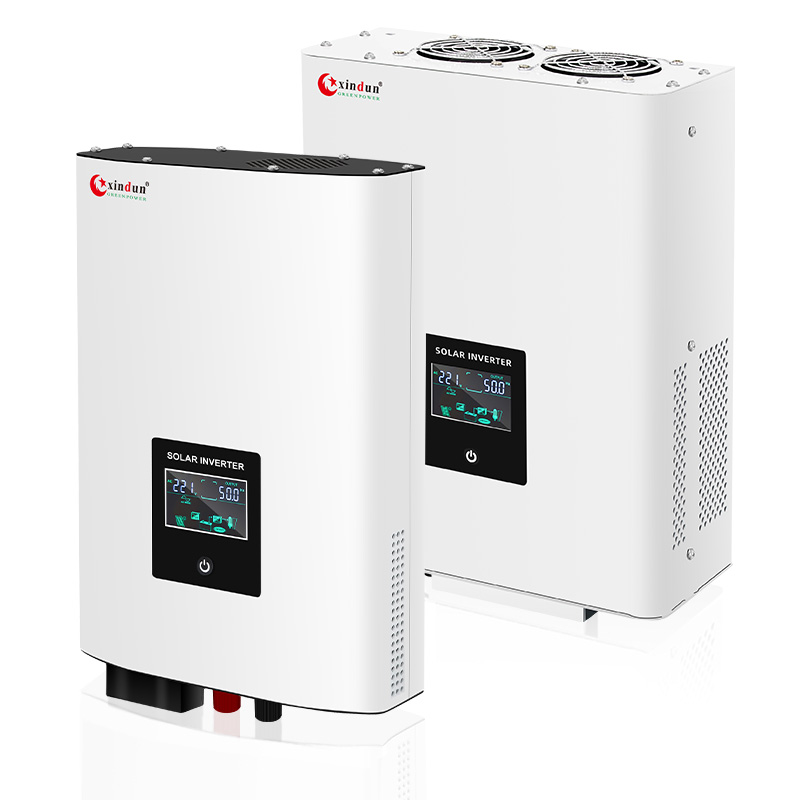
 Power Inverter
Power Inverter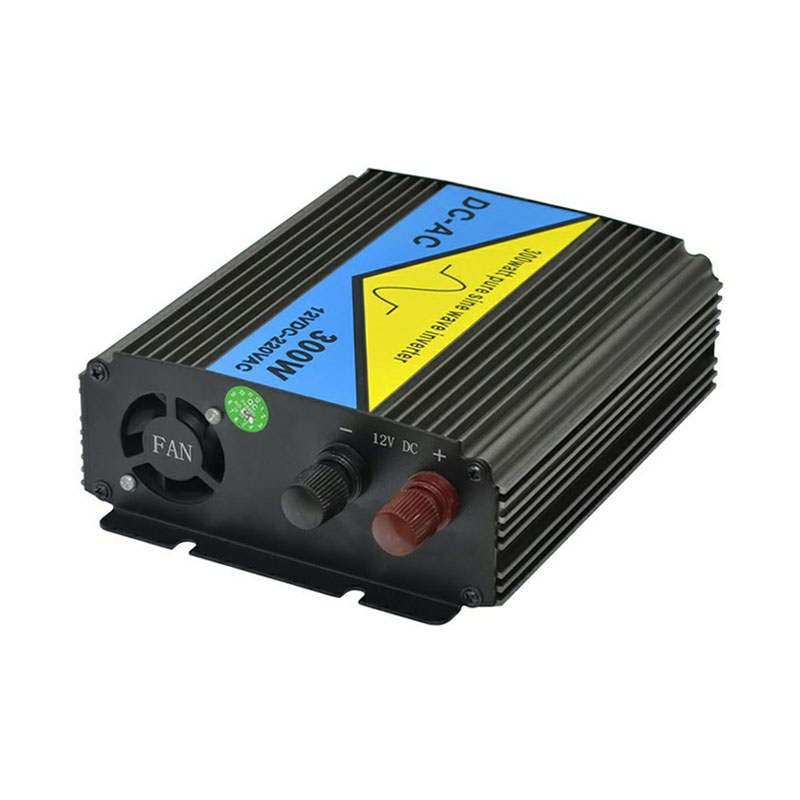
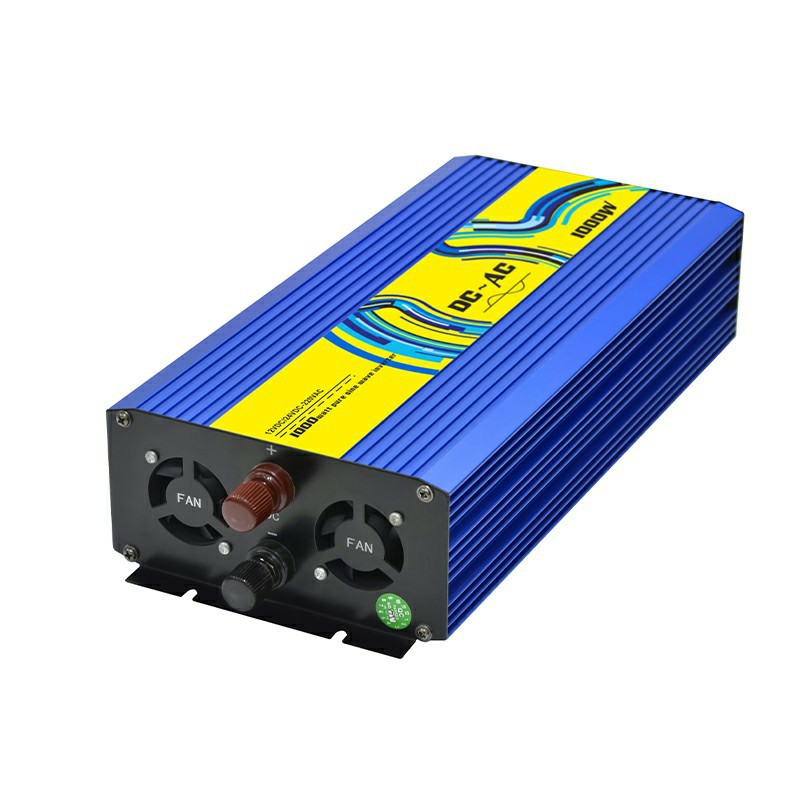
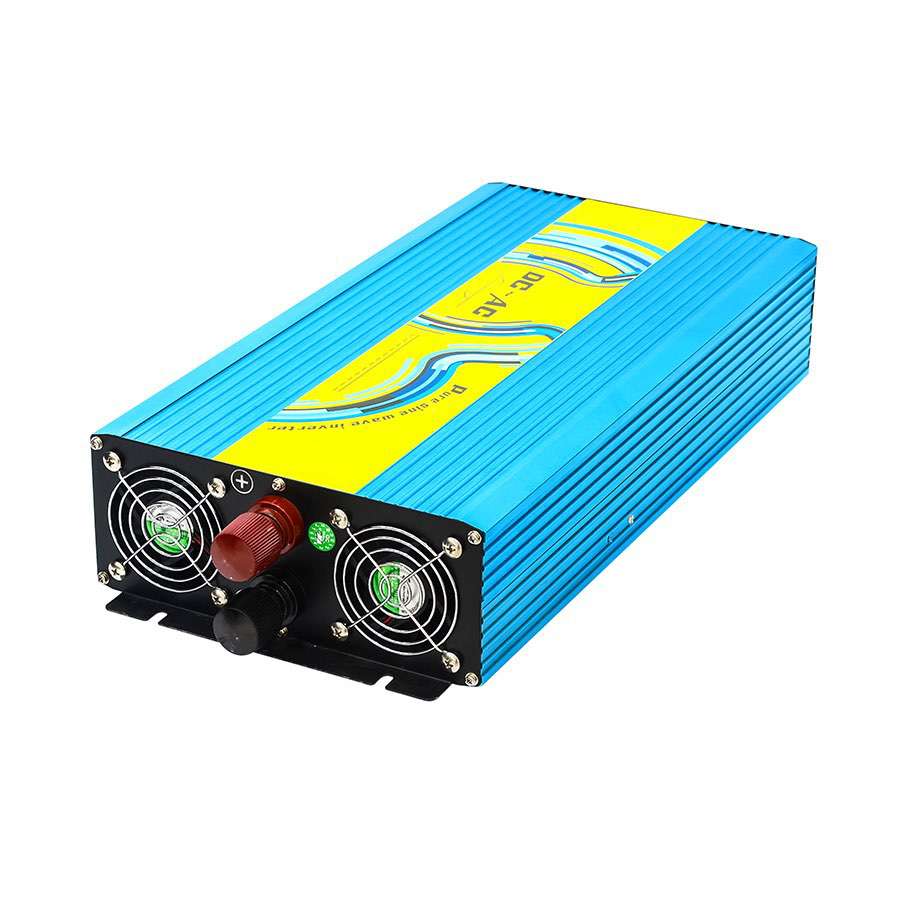
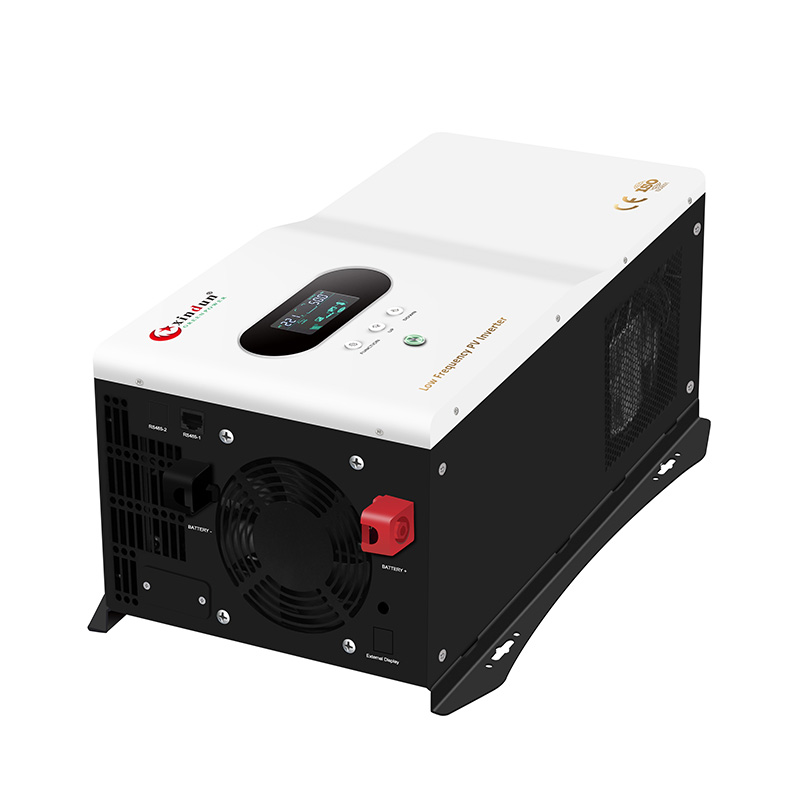
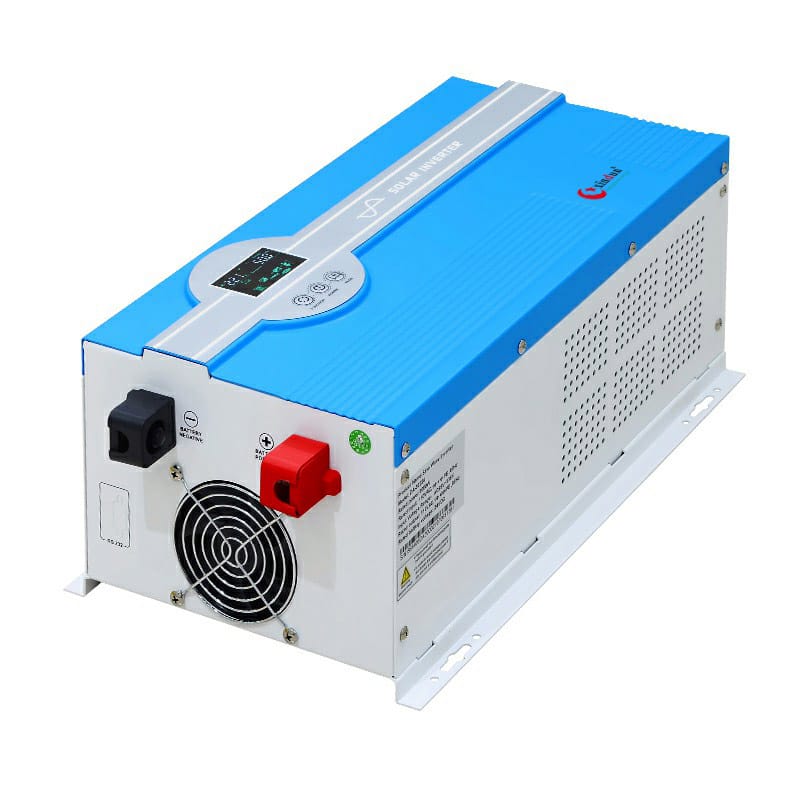
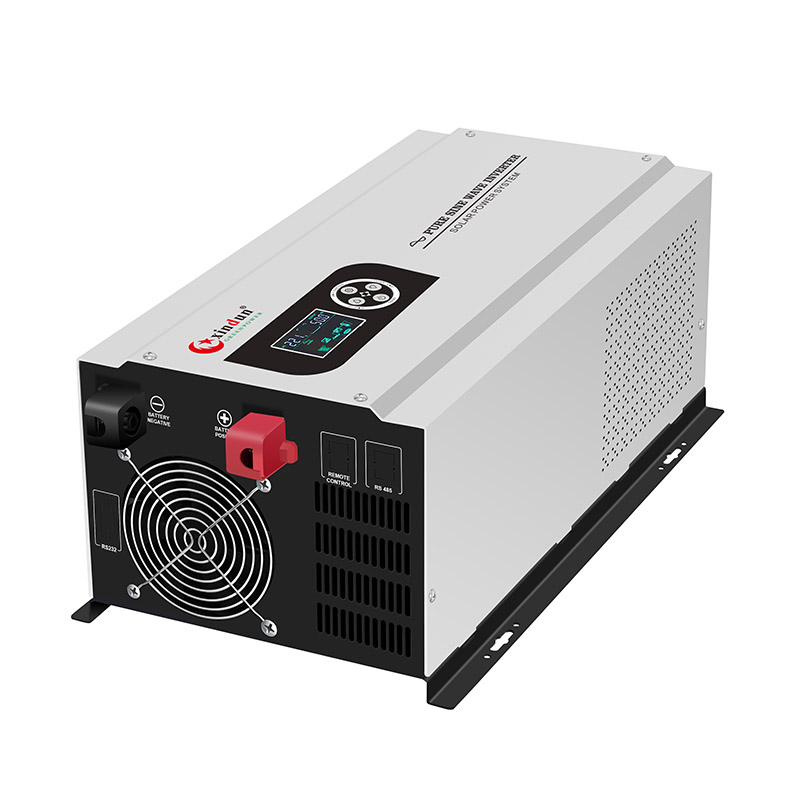
 Split Phase Inverter
Split Phase Inverter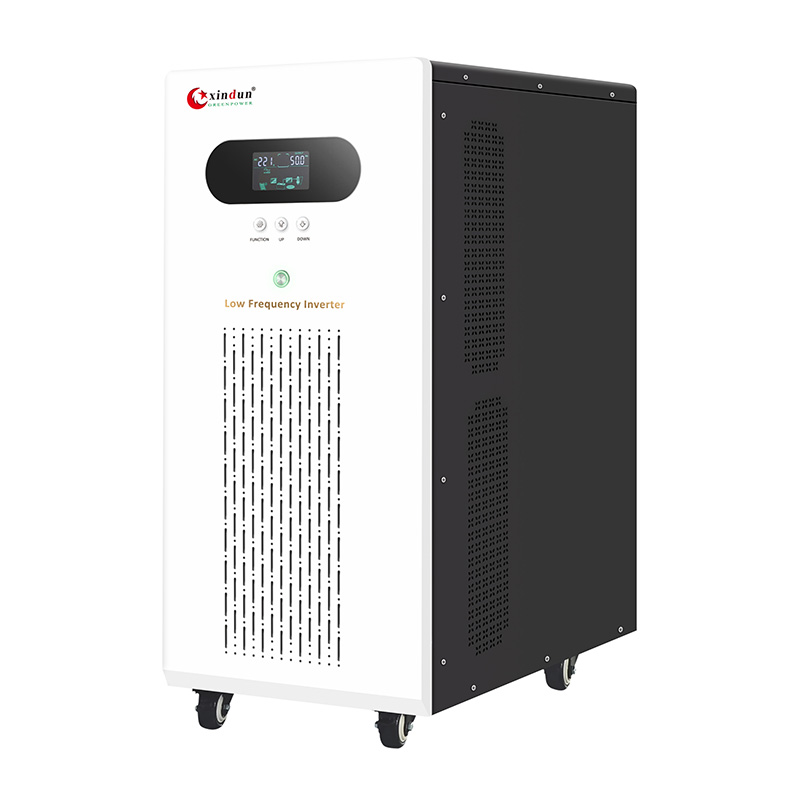
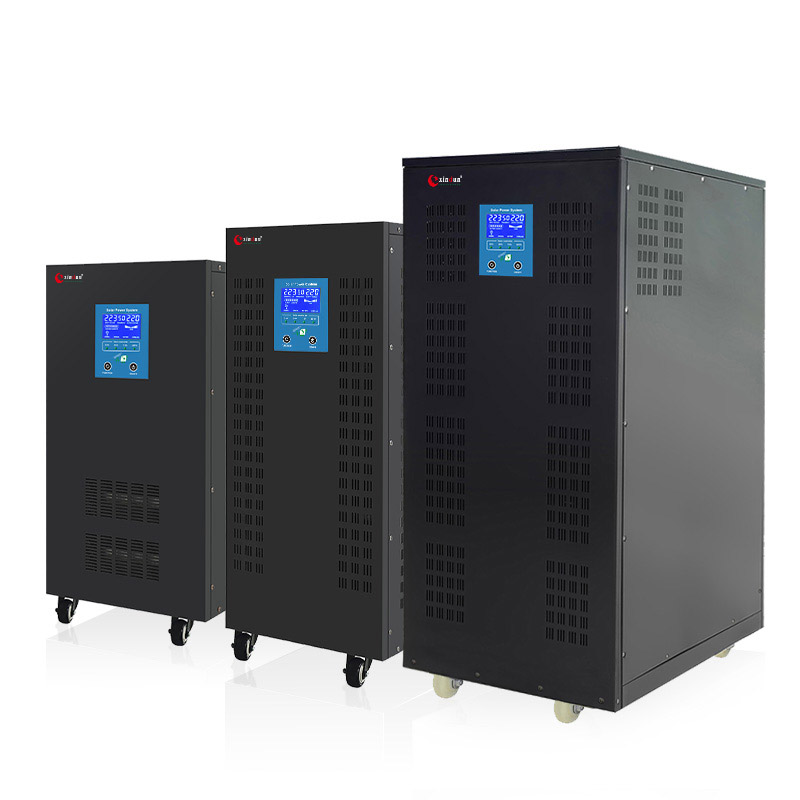
 Energy Storage Inverter
Energy Storage Inverter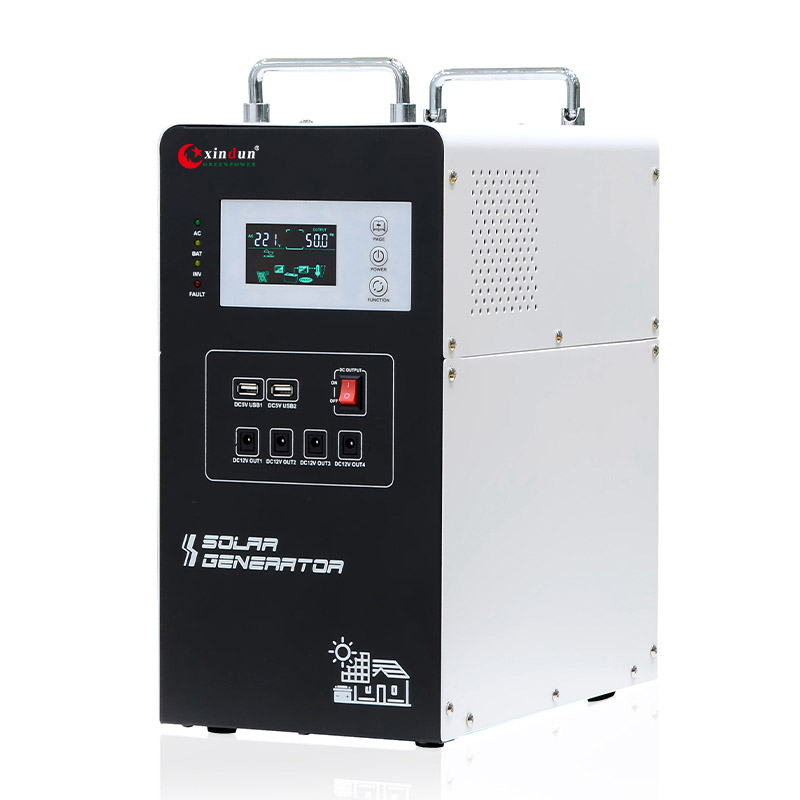
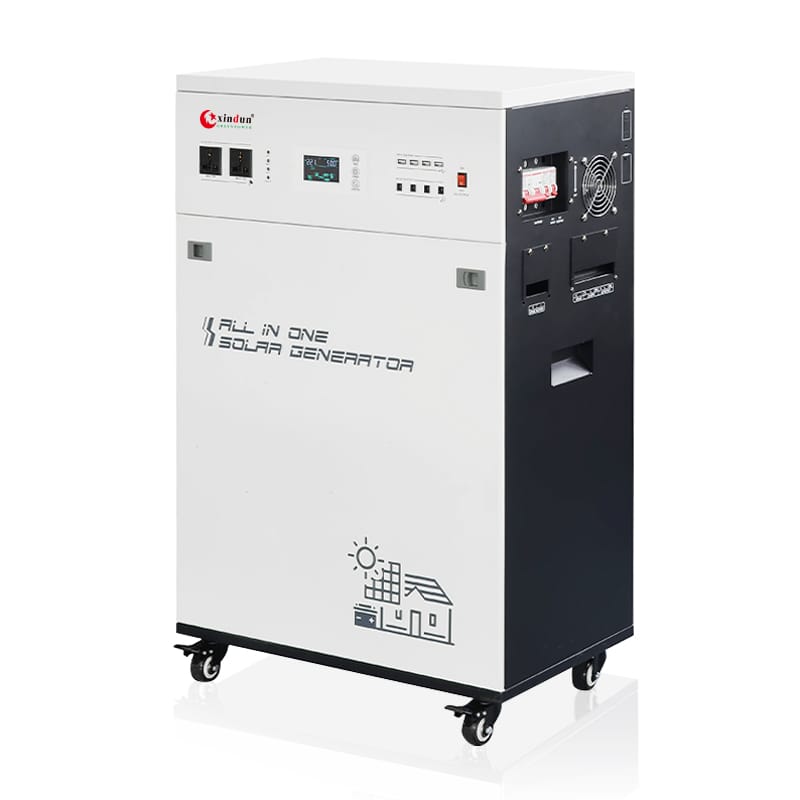

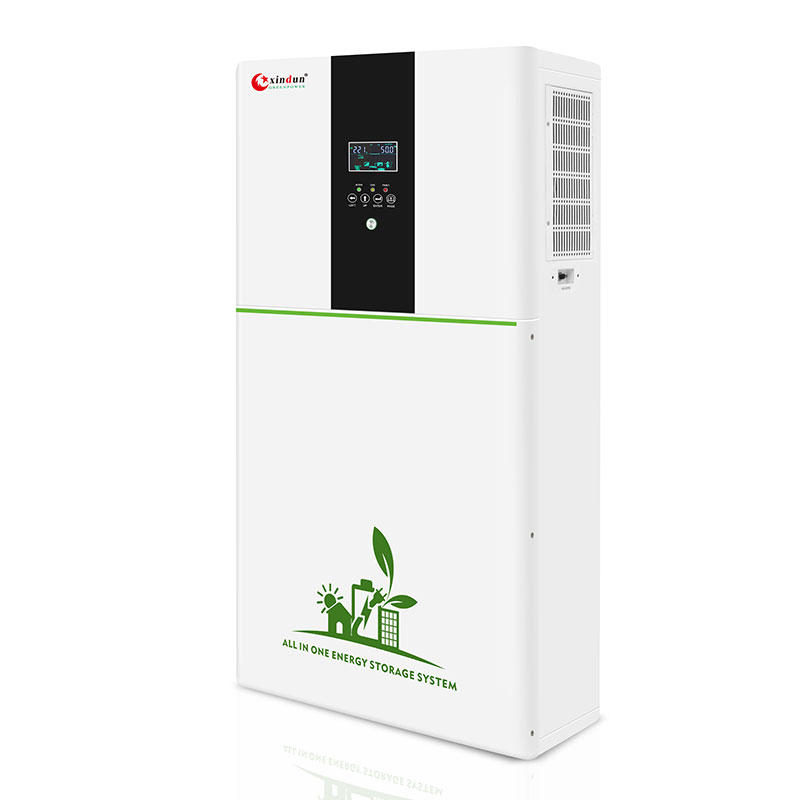
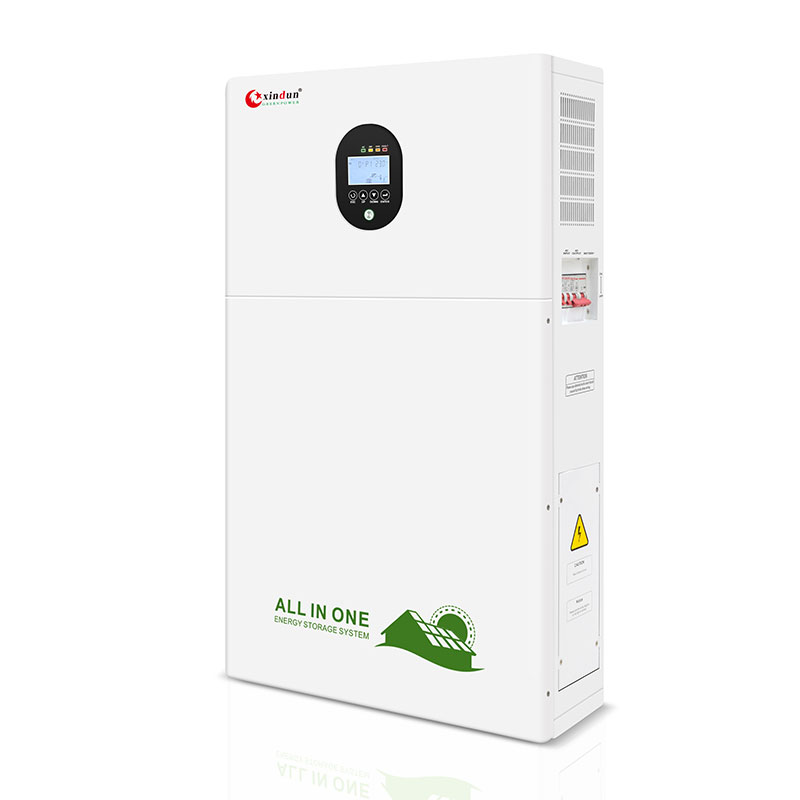
 3 Phase Inverter
3 Phase Inverter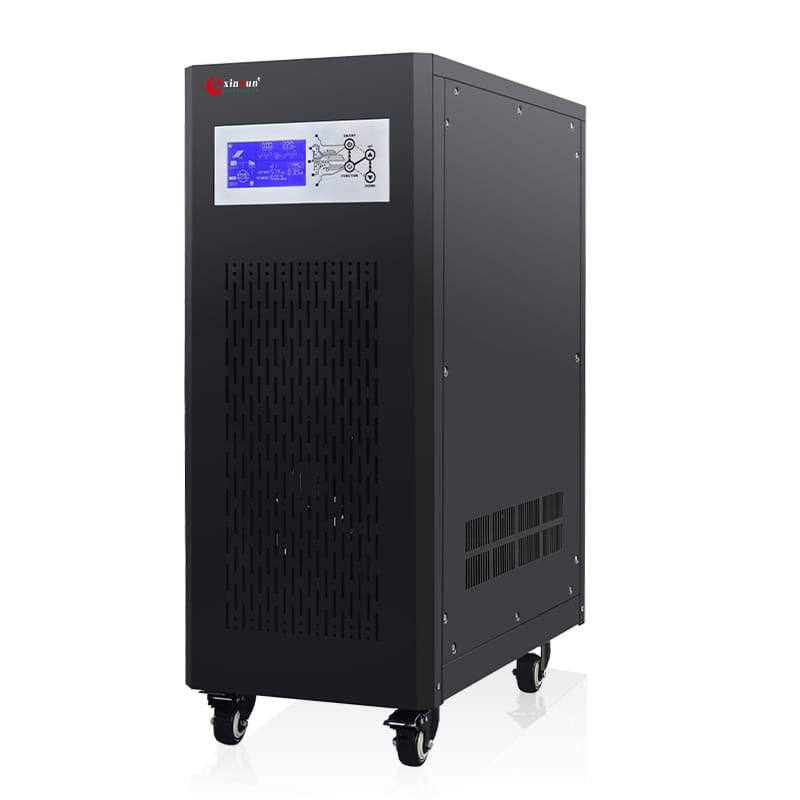
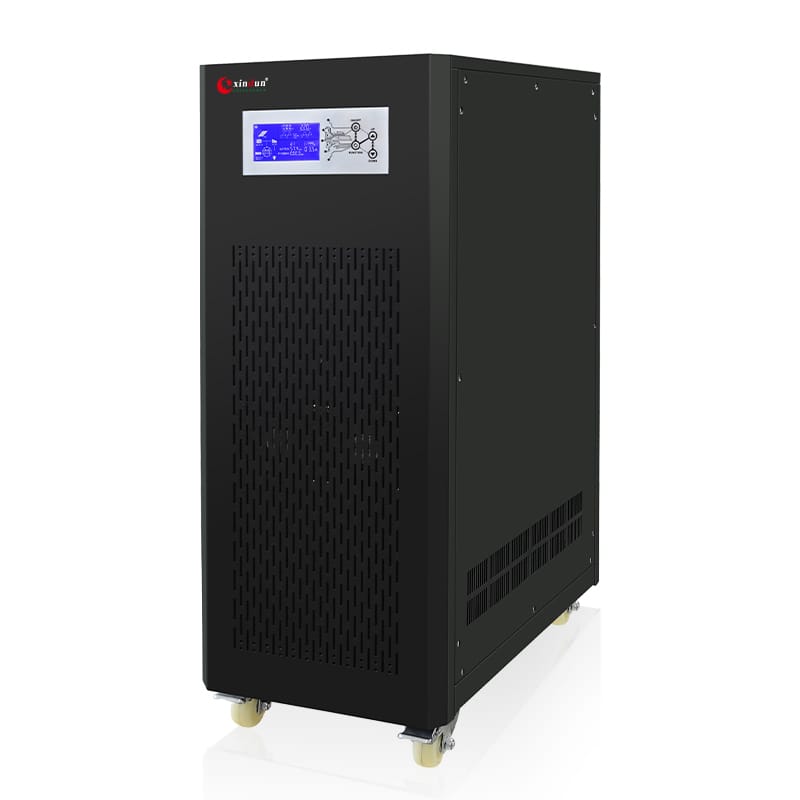
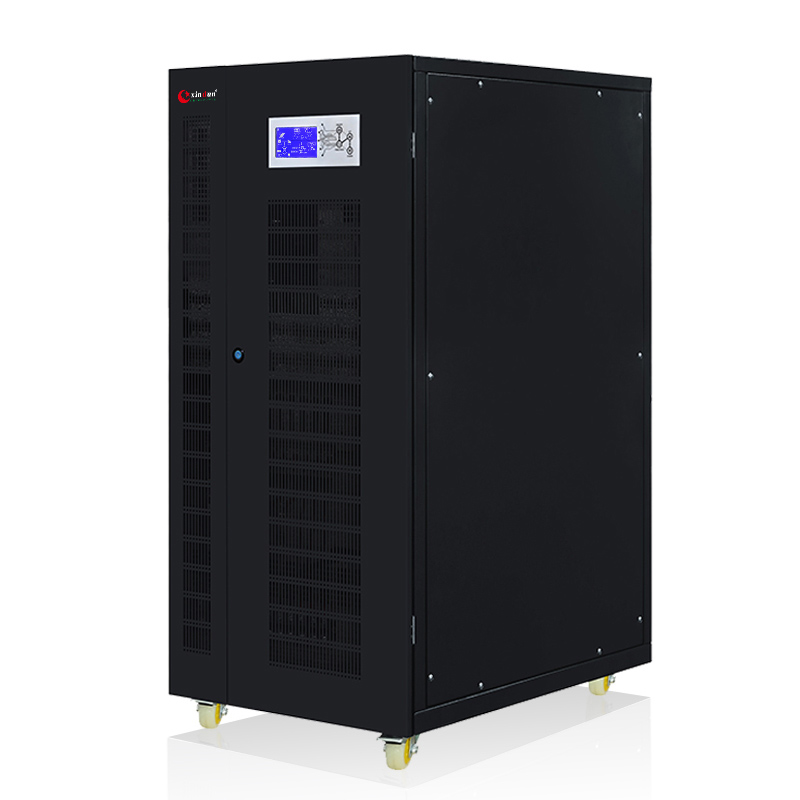
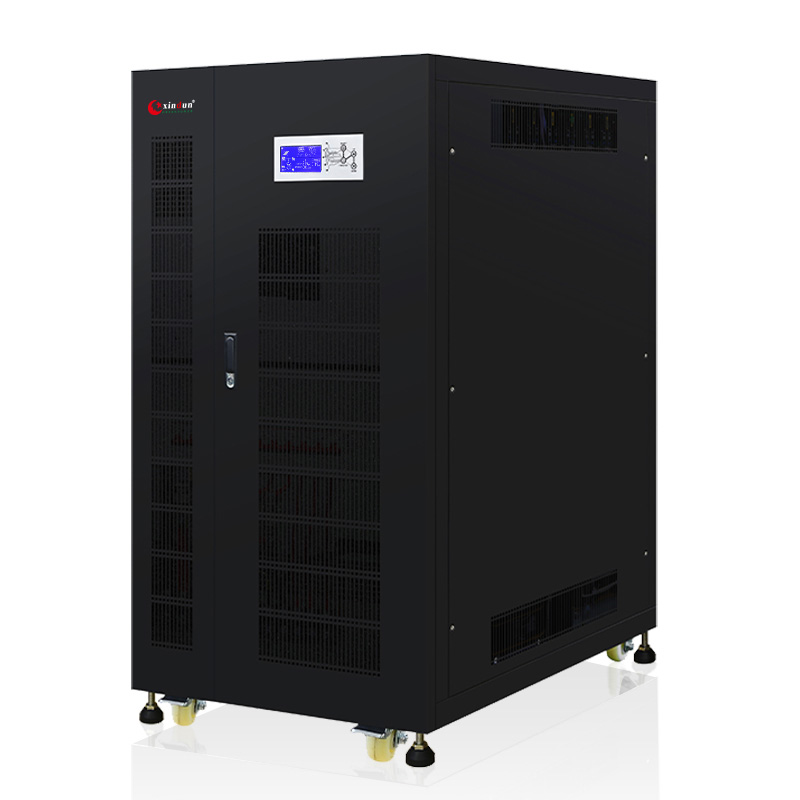
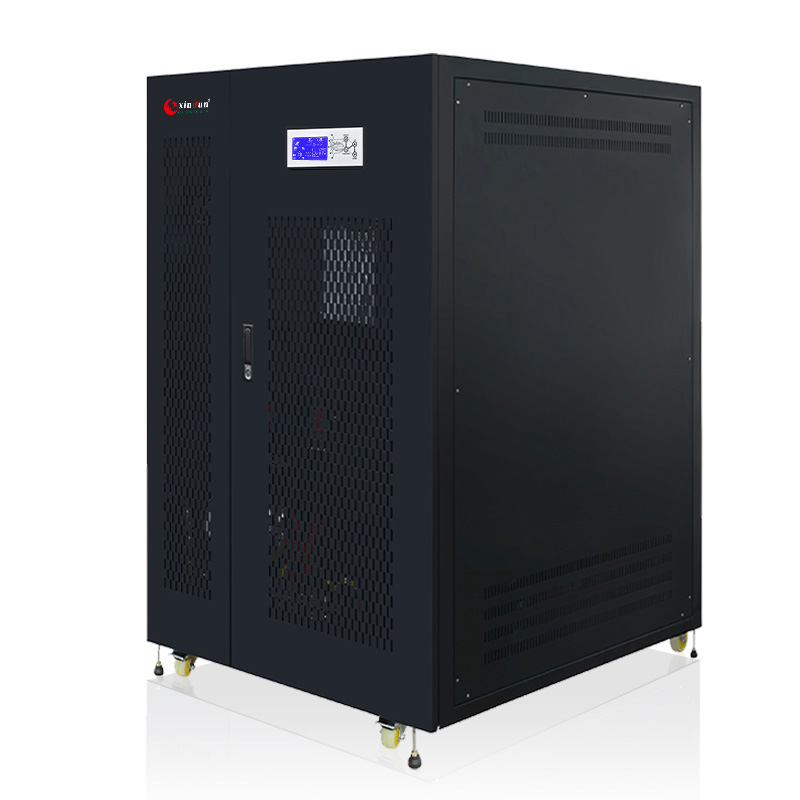
 Solar System Kits
Solar System Kits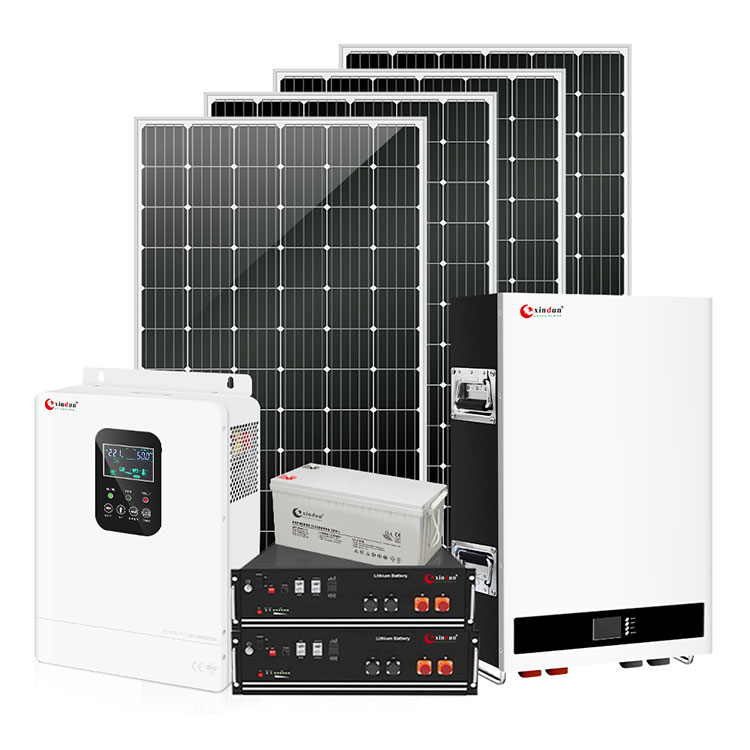
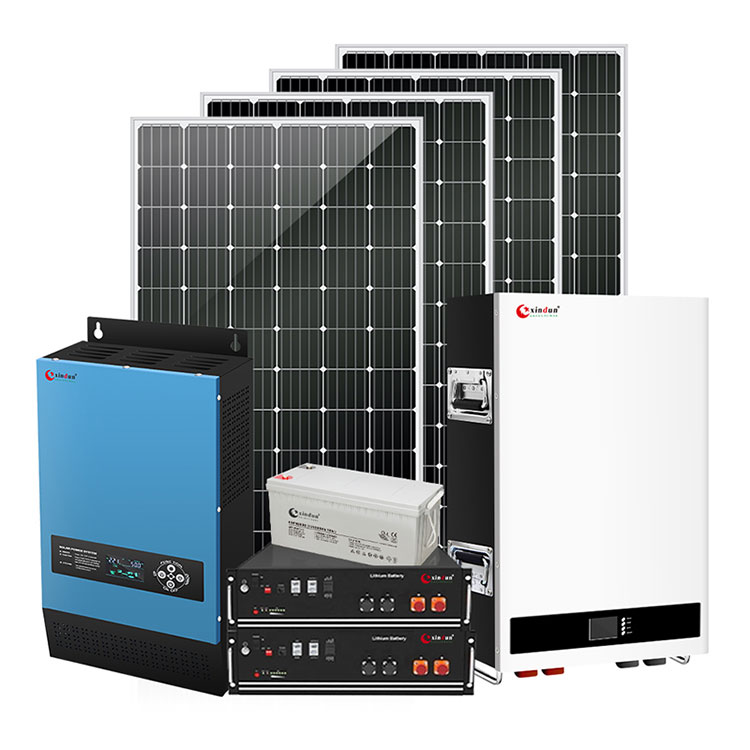
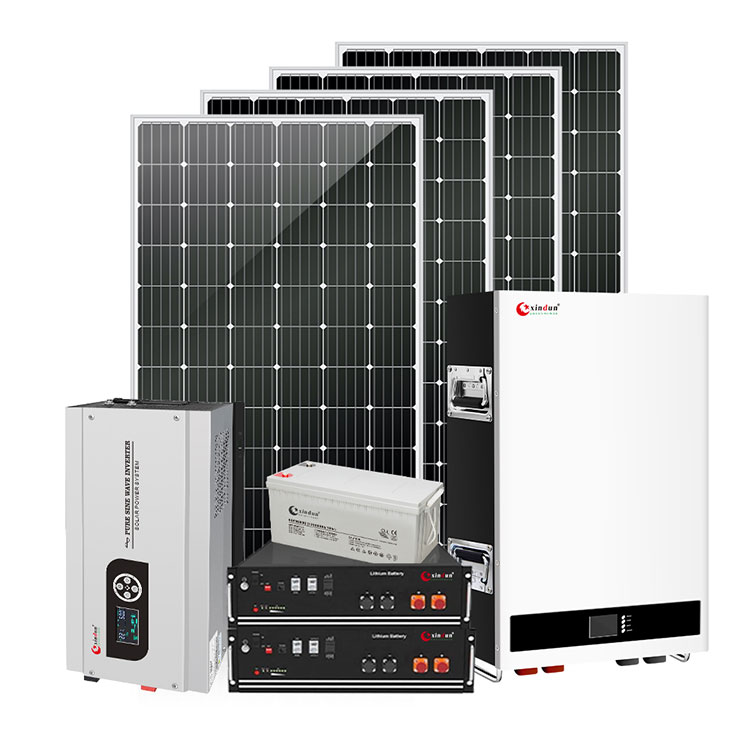
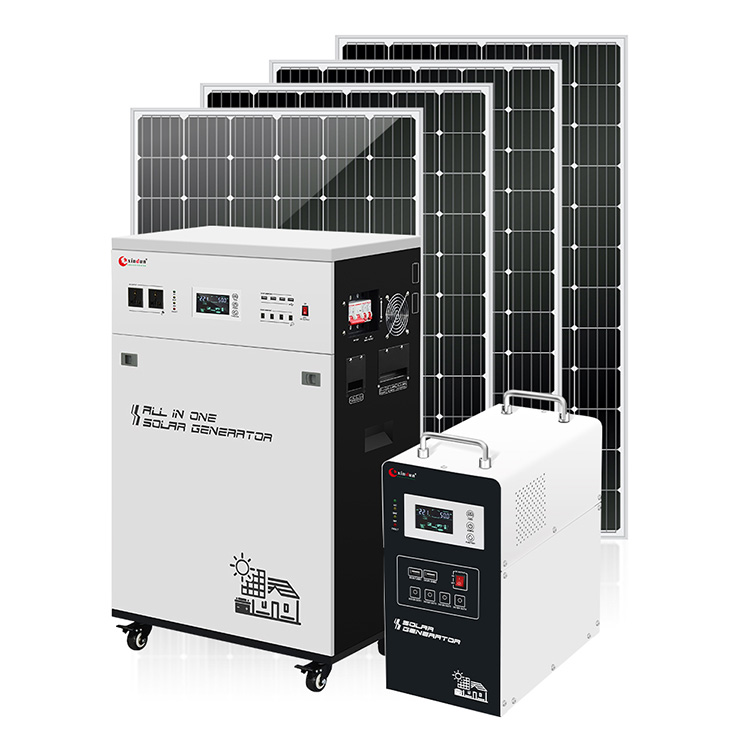
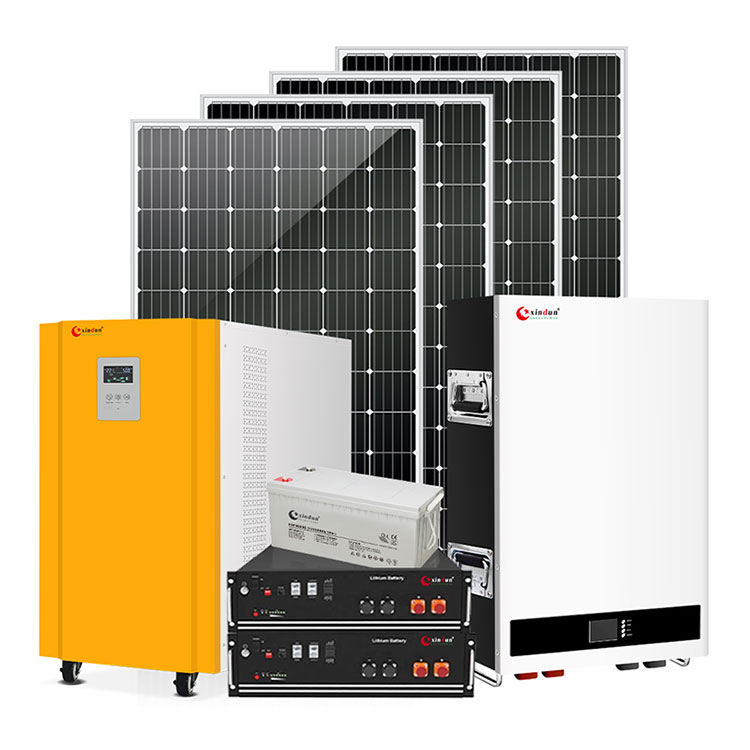
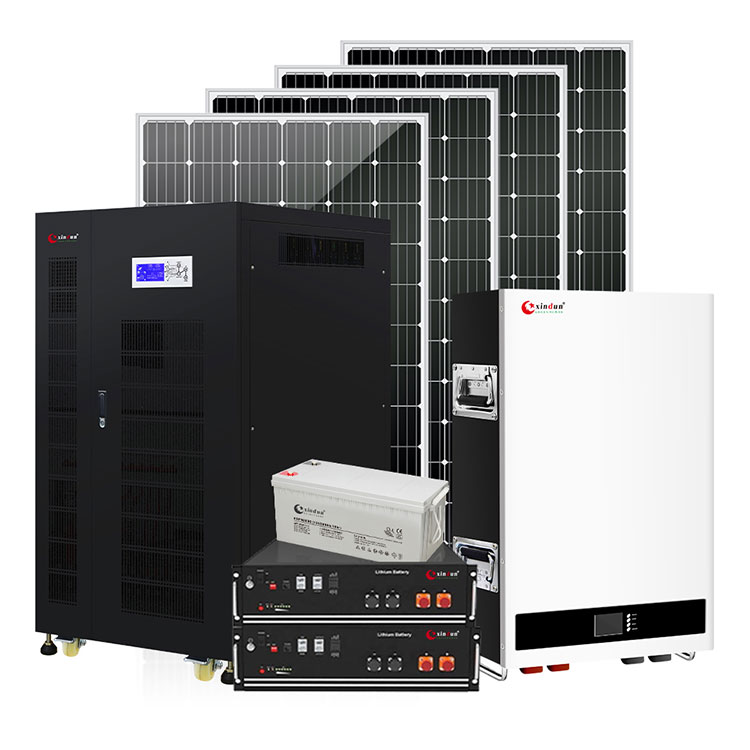
 Solar Charge Controller
Solar Charge Controller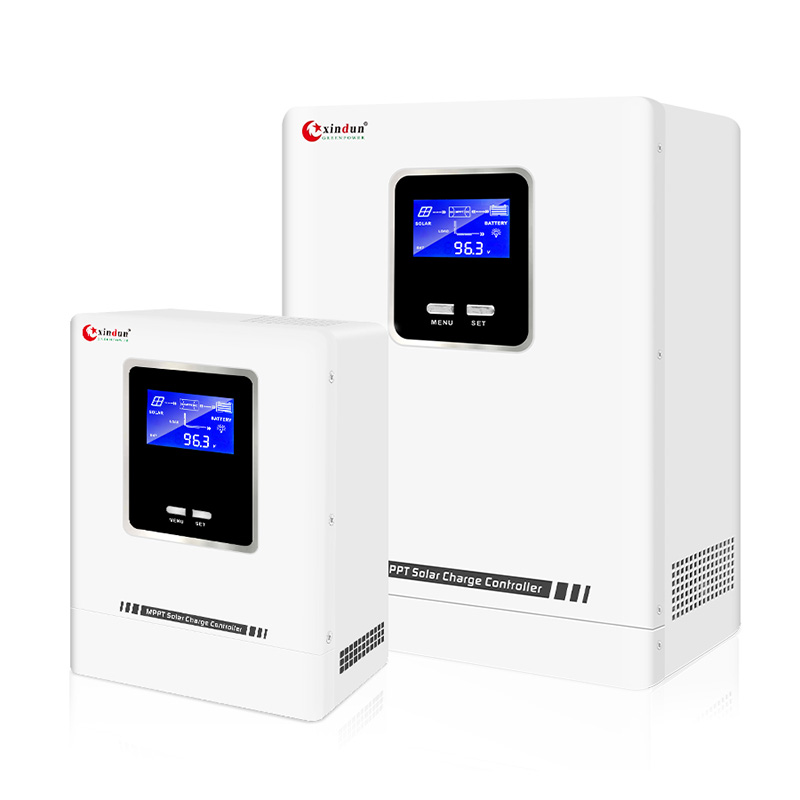
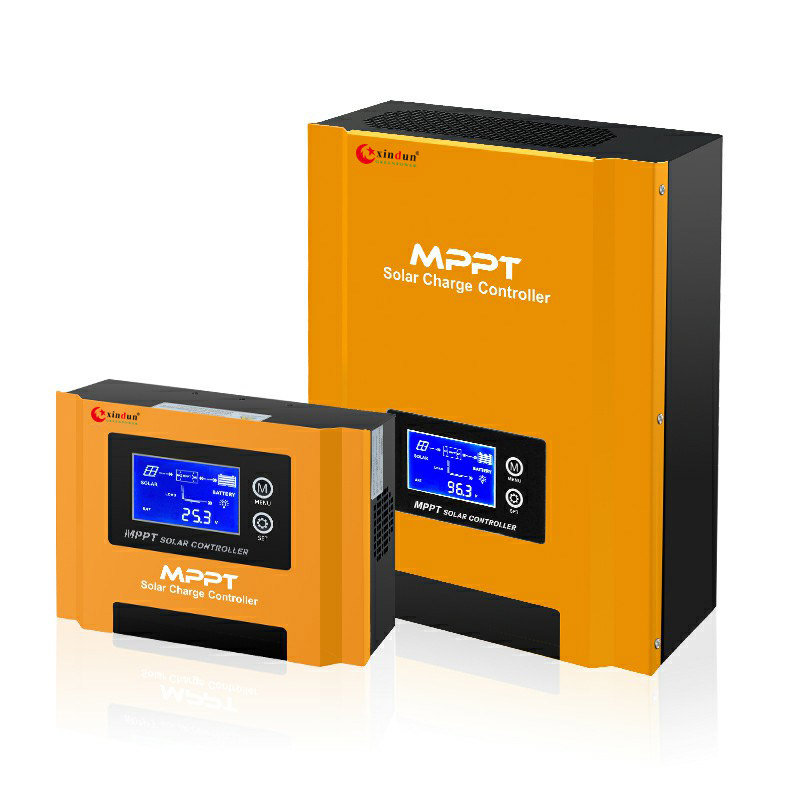

 Solar Battery
Solar Battery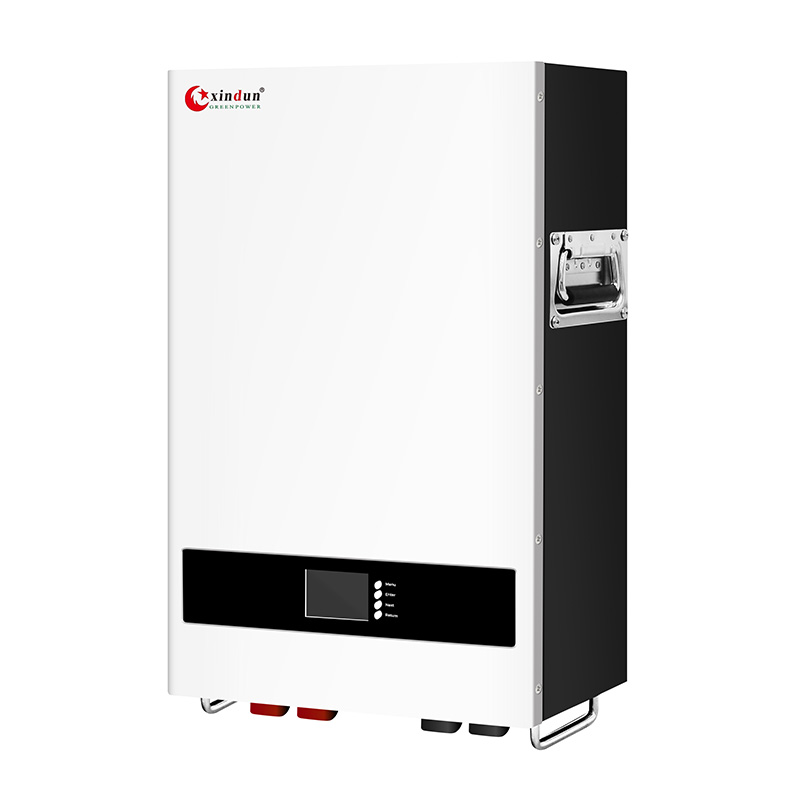
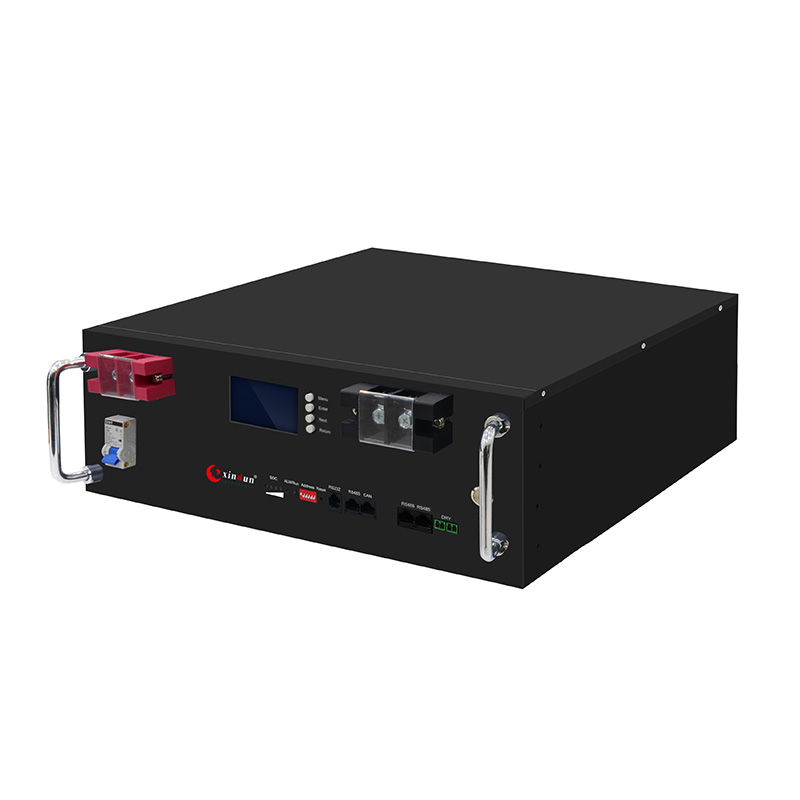
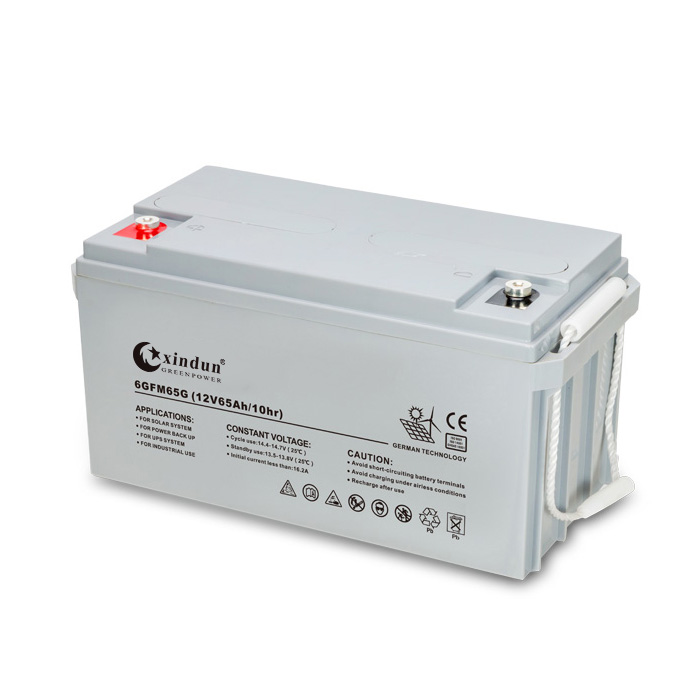
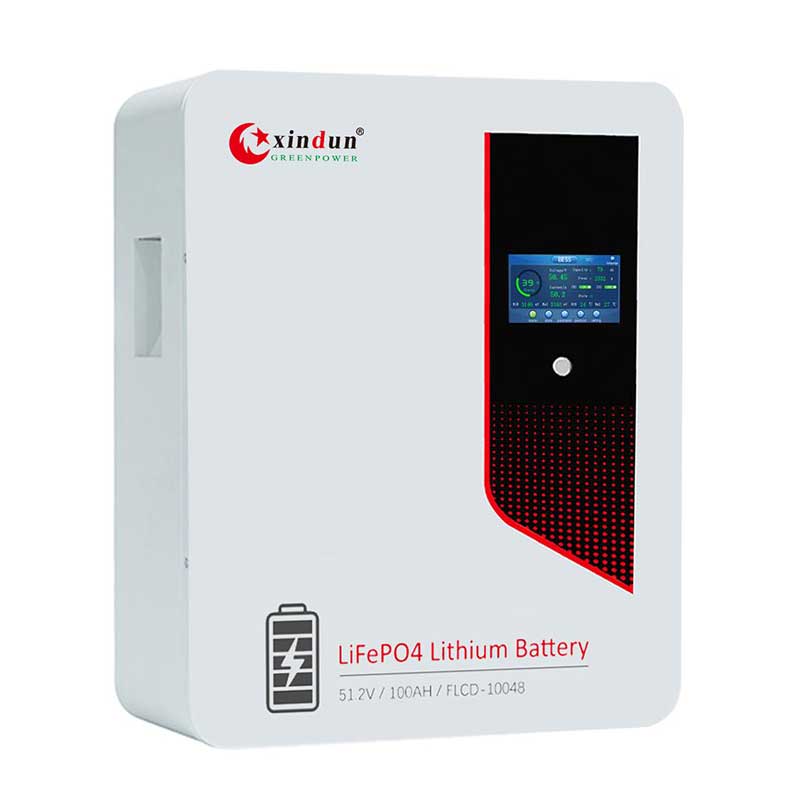
 Asia
Asia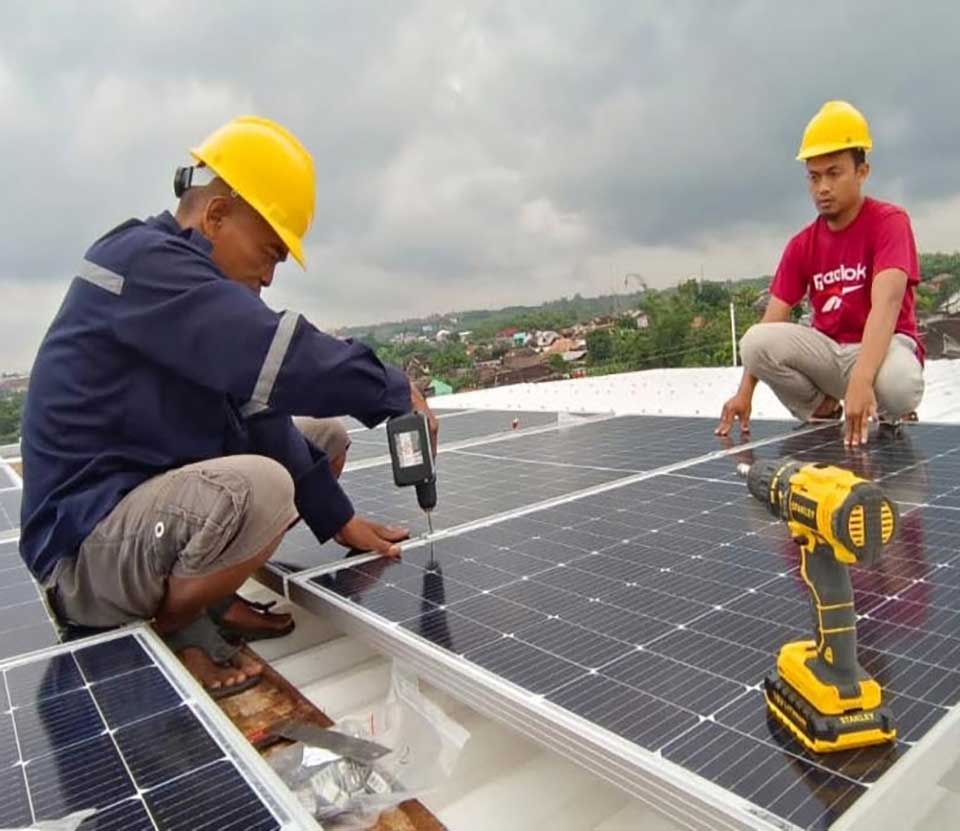
 Africa
Africa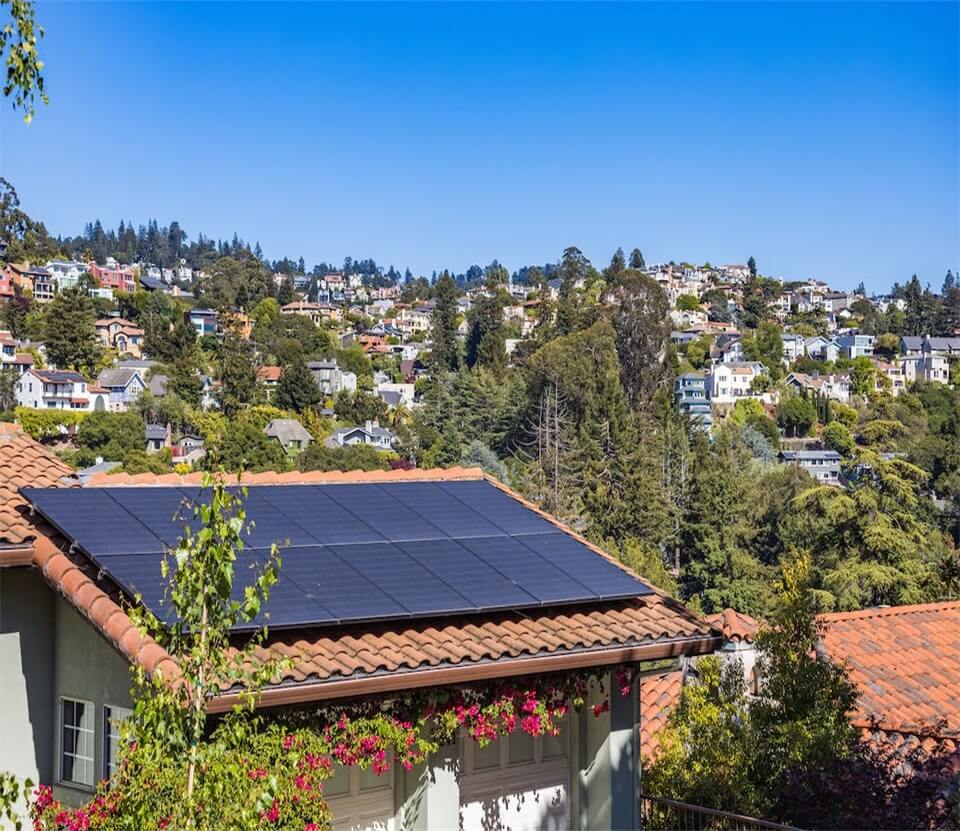
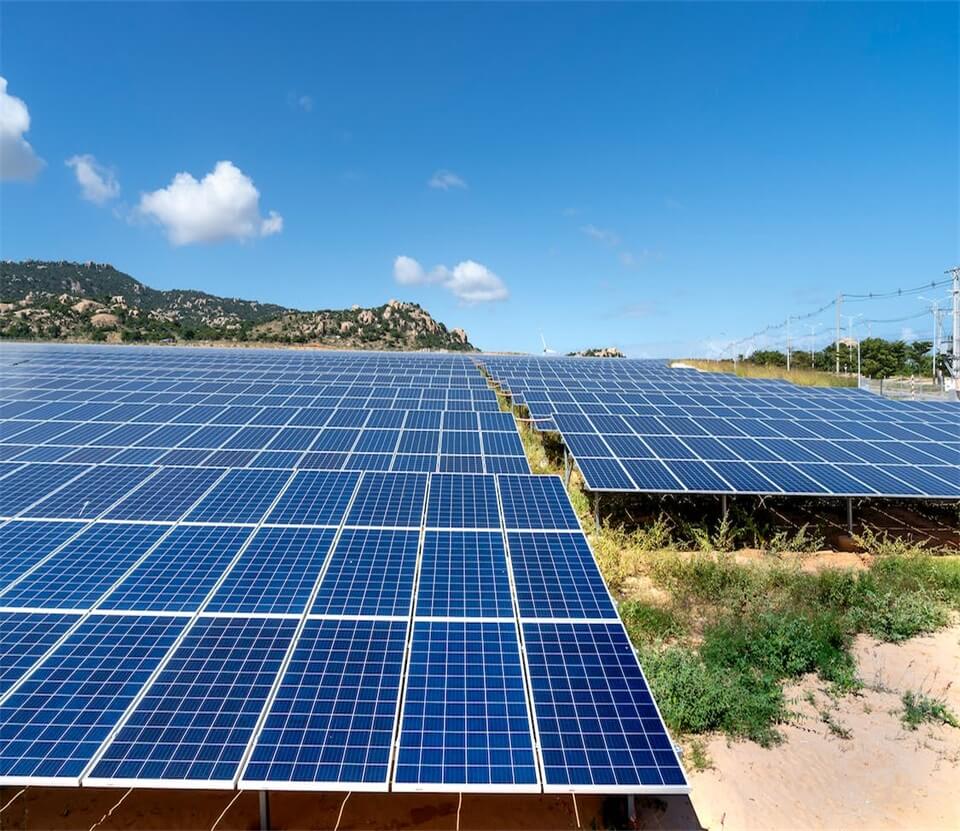

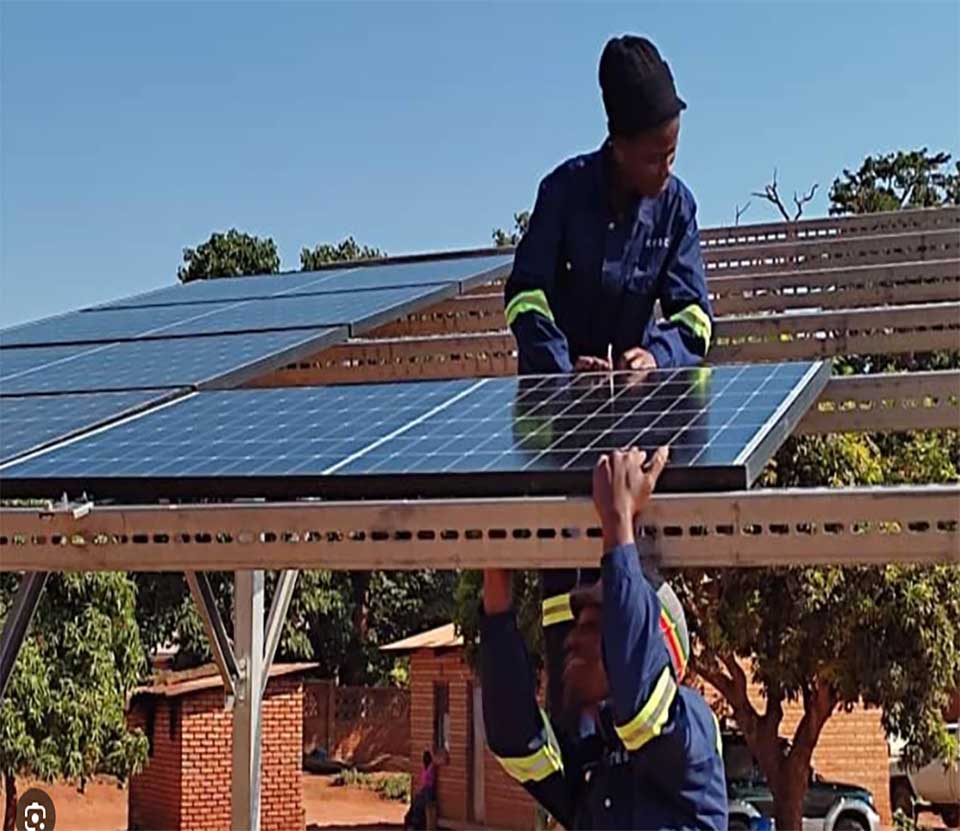
 South America
South America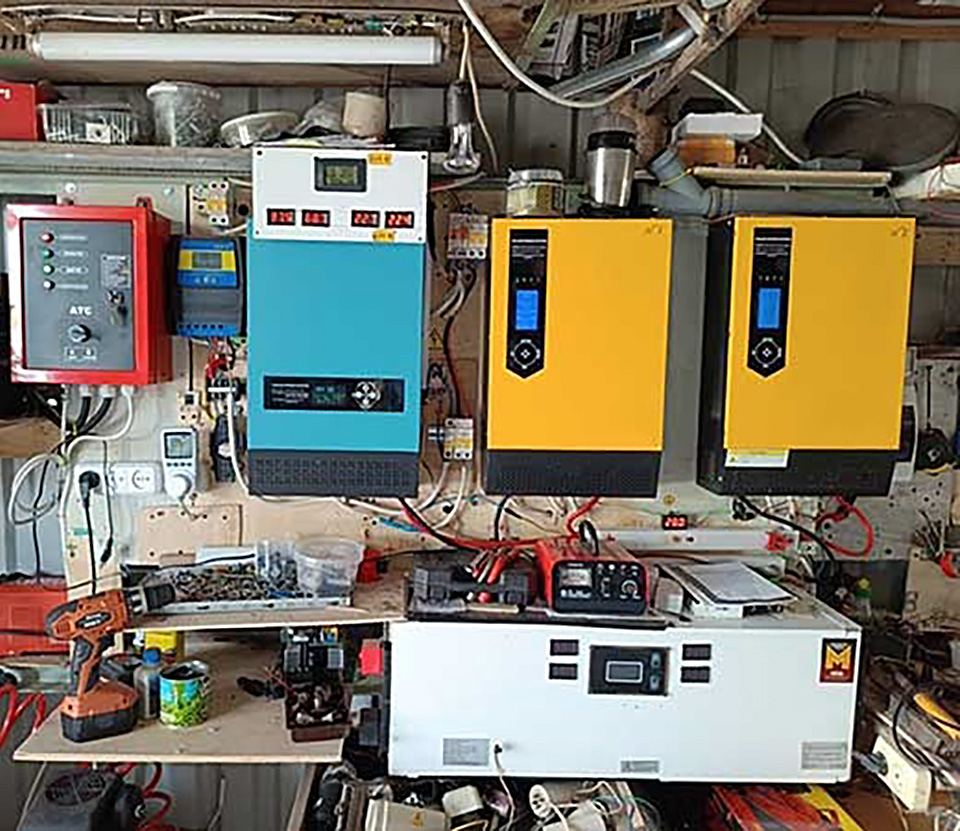
 Europe
Europe
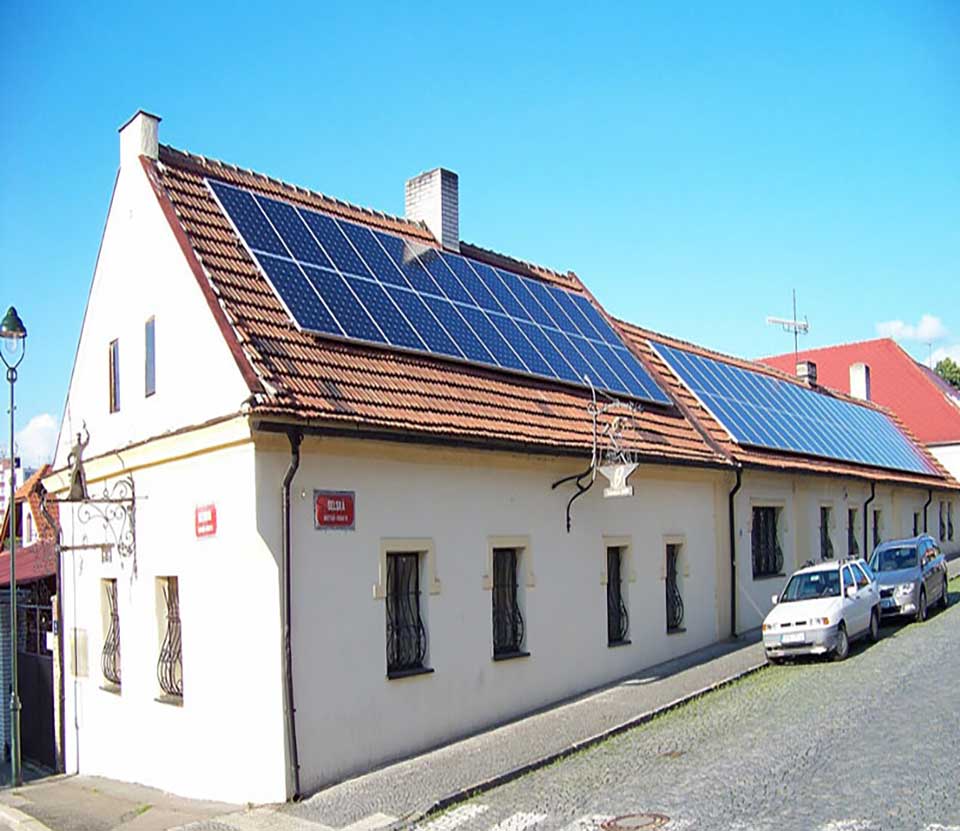
 North America
North America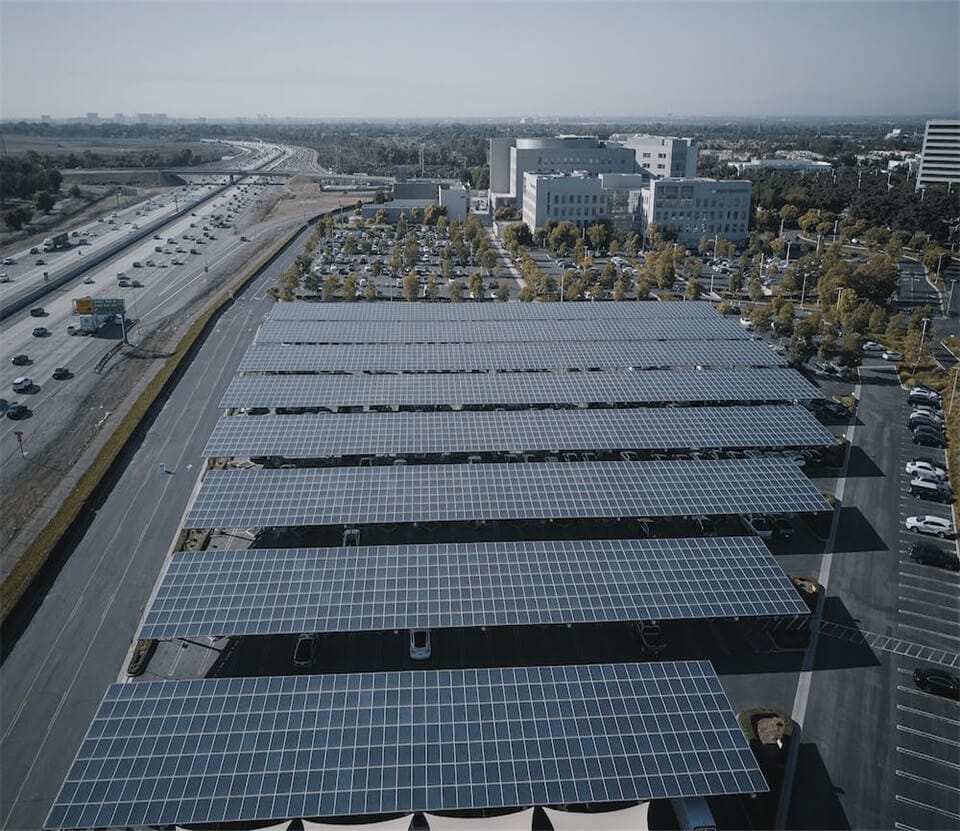
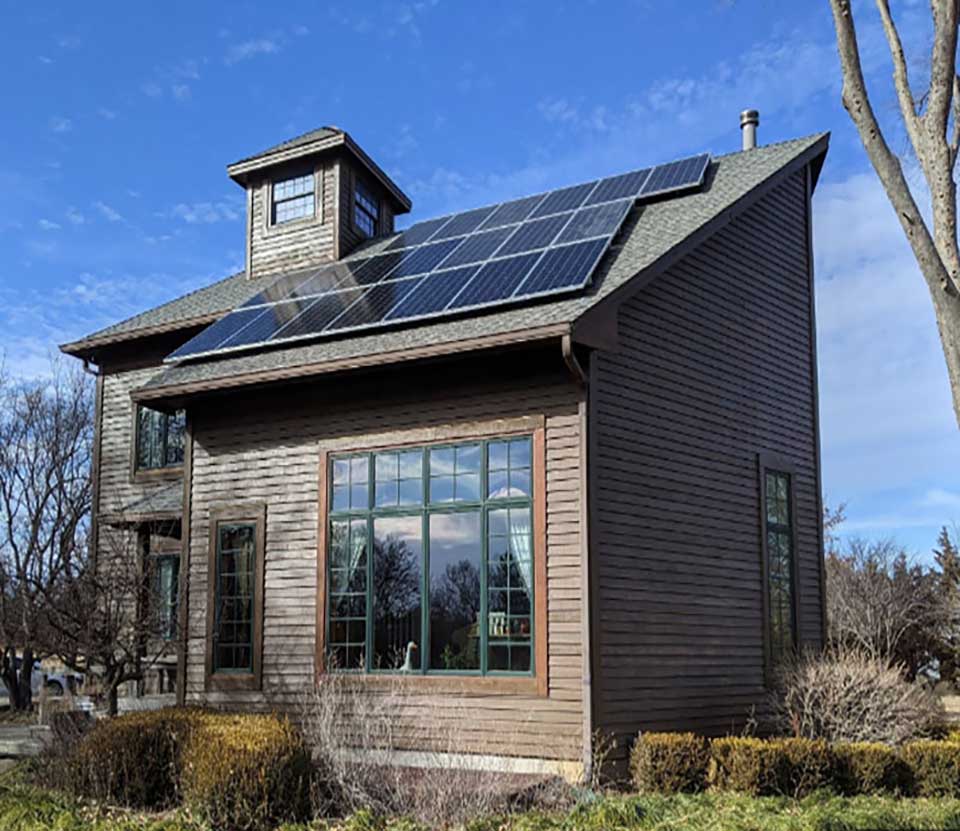
 Oceania & Antarctica
Oceania & Antarctica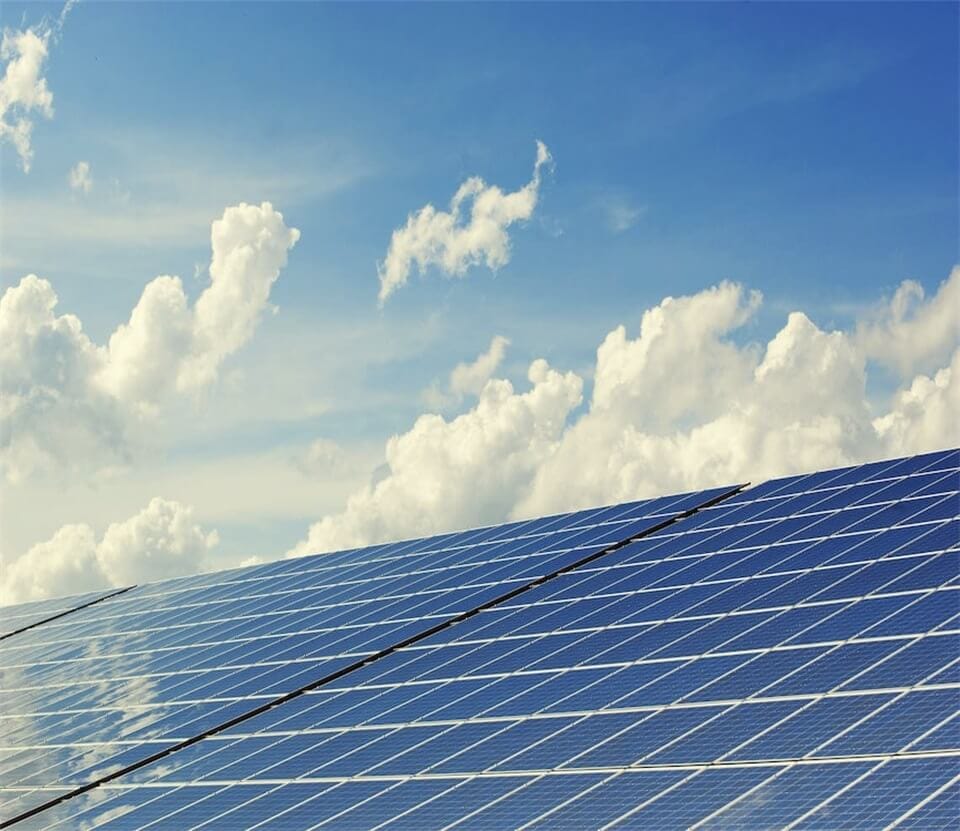










 Home
Home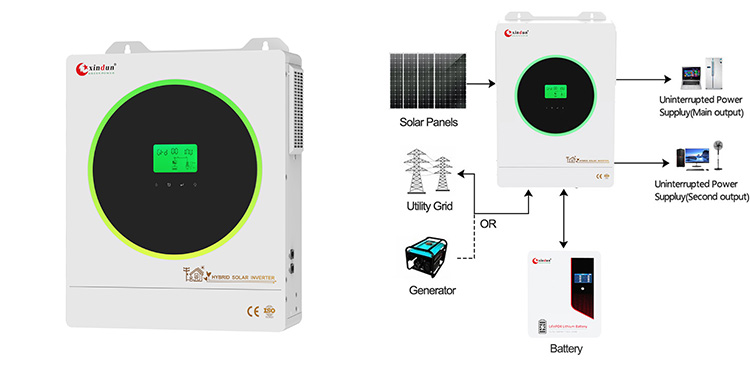
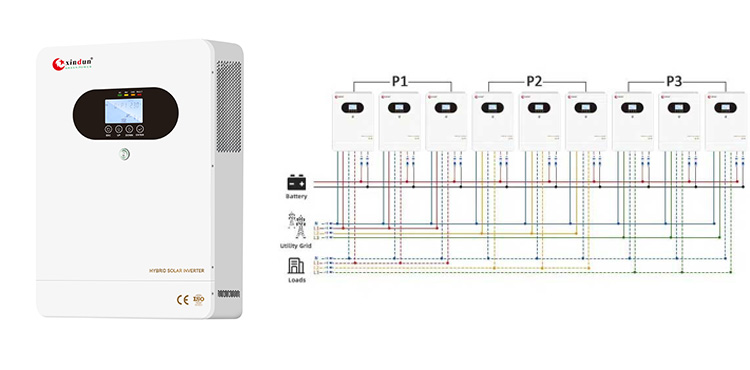
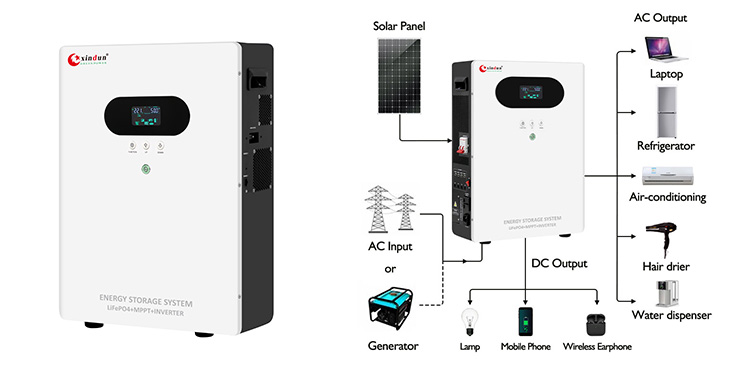
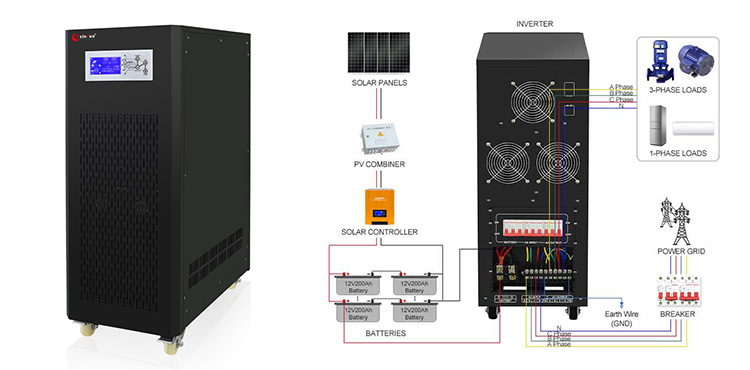
 Inverter Battery SOC Function Setting Guide
Inverter Battery SOC Function Setting Guide  Top Selling Products
Top Selling Products














